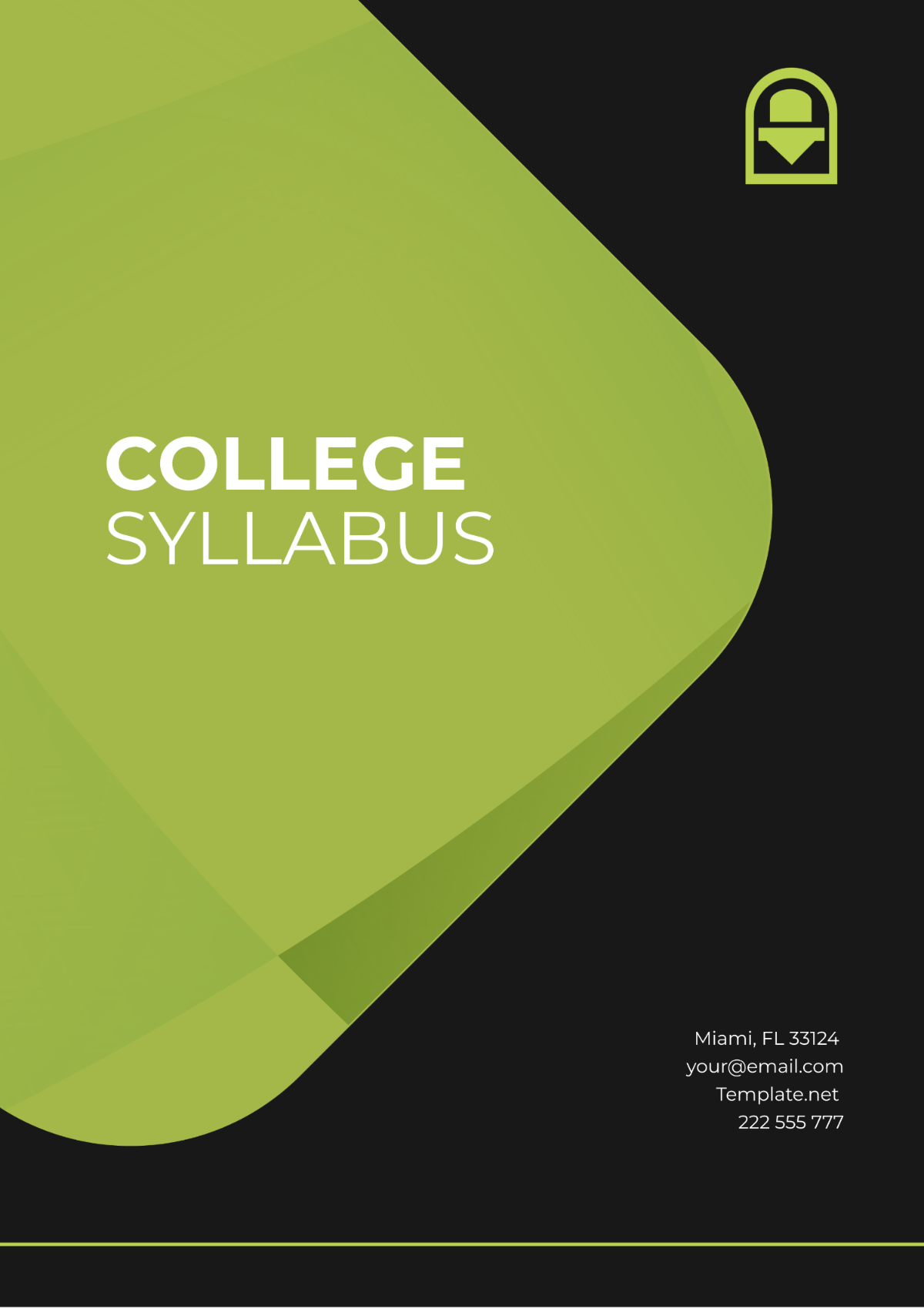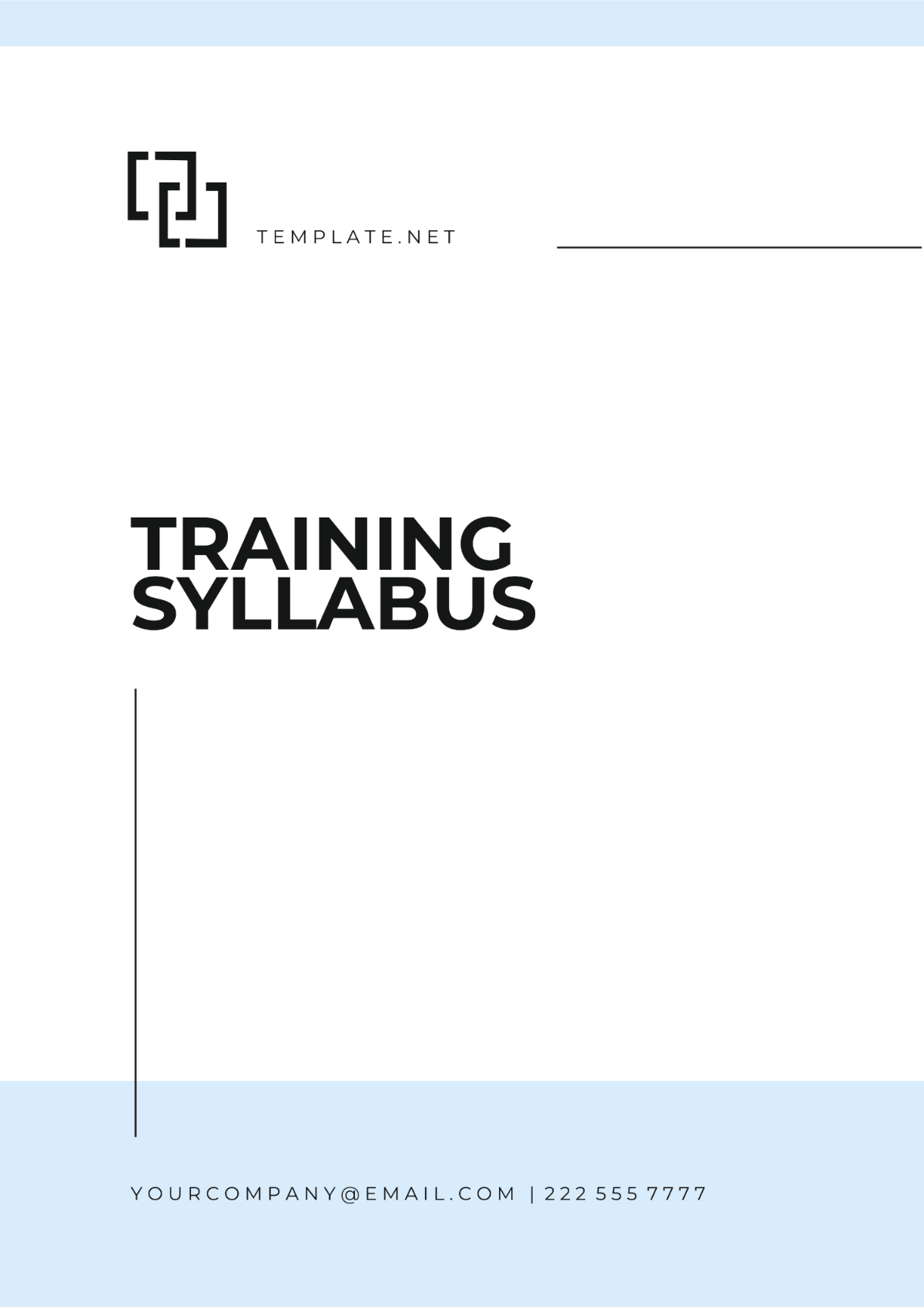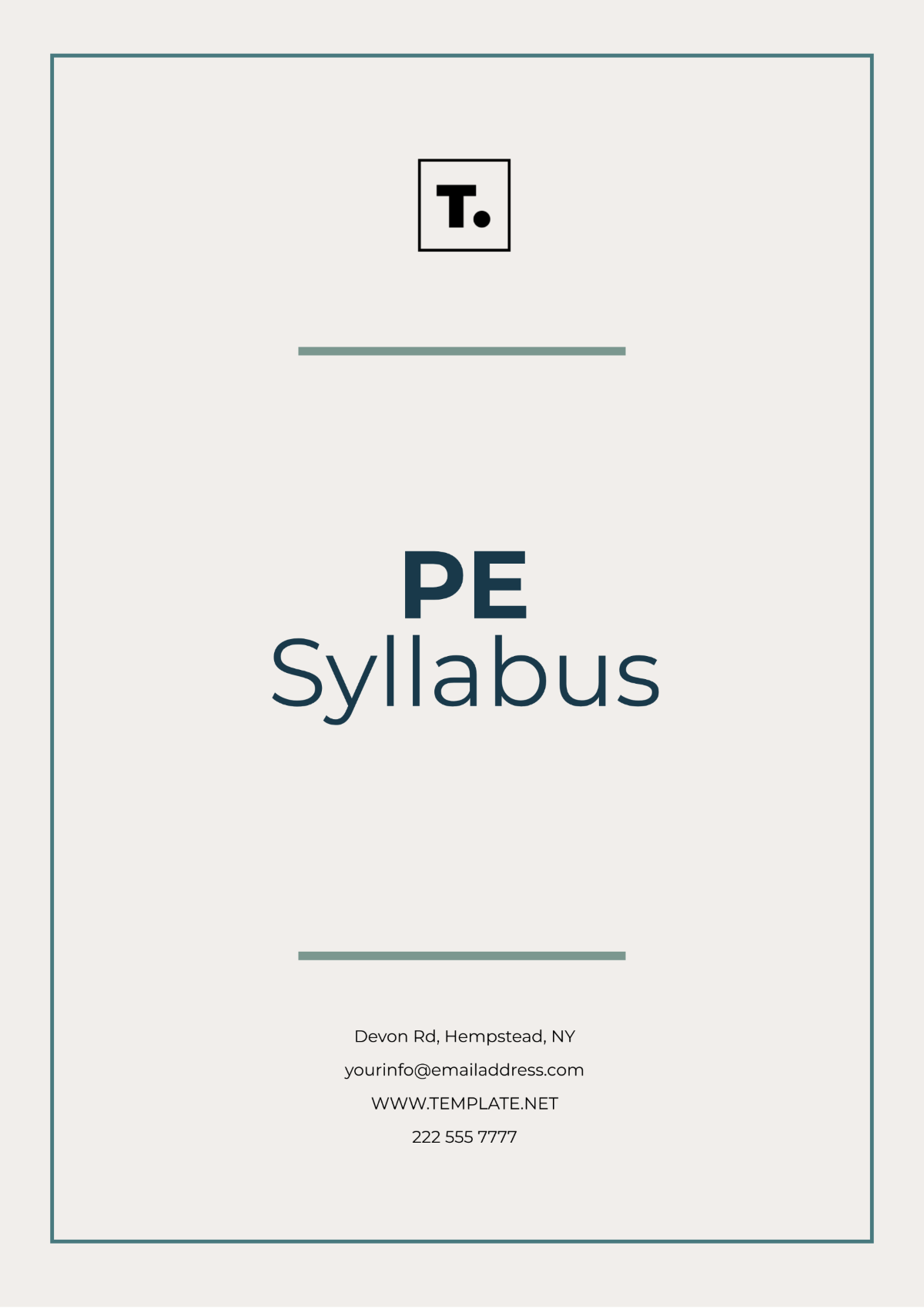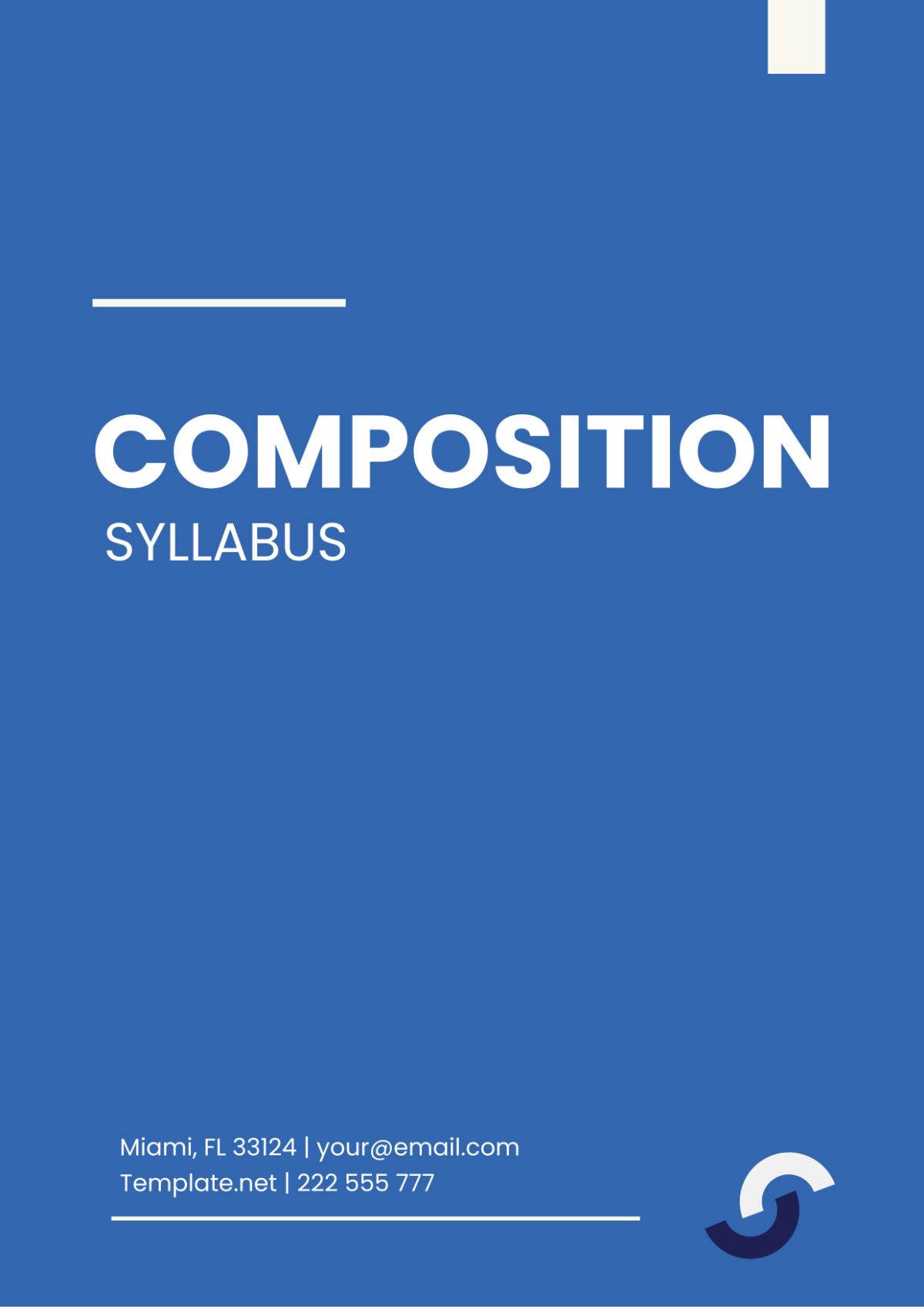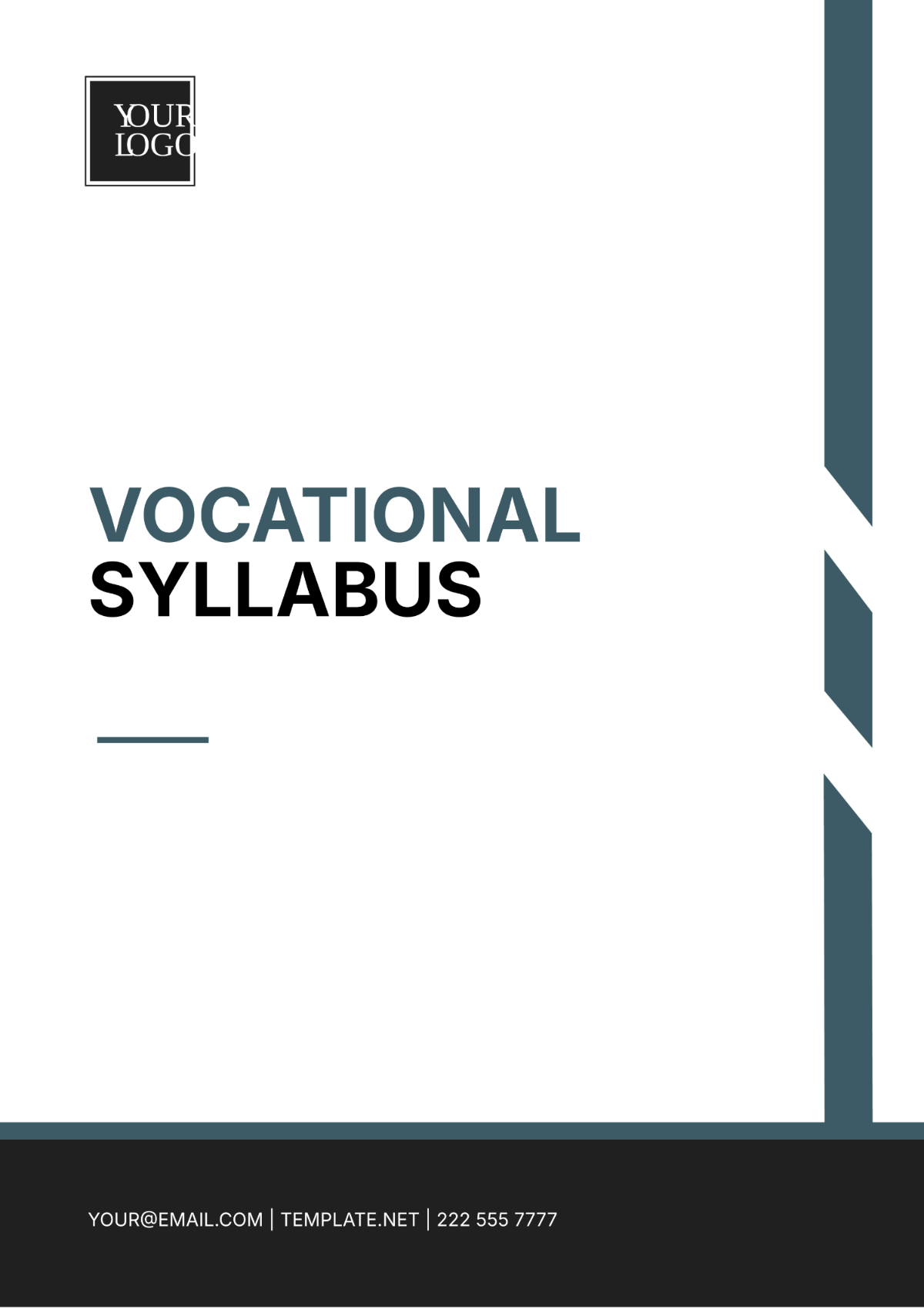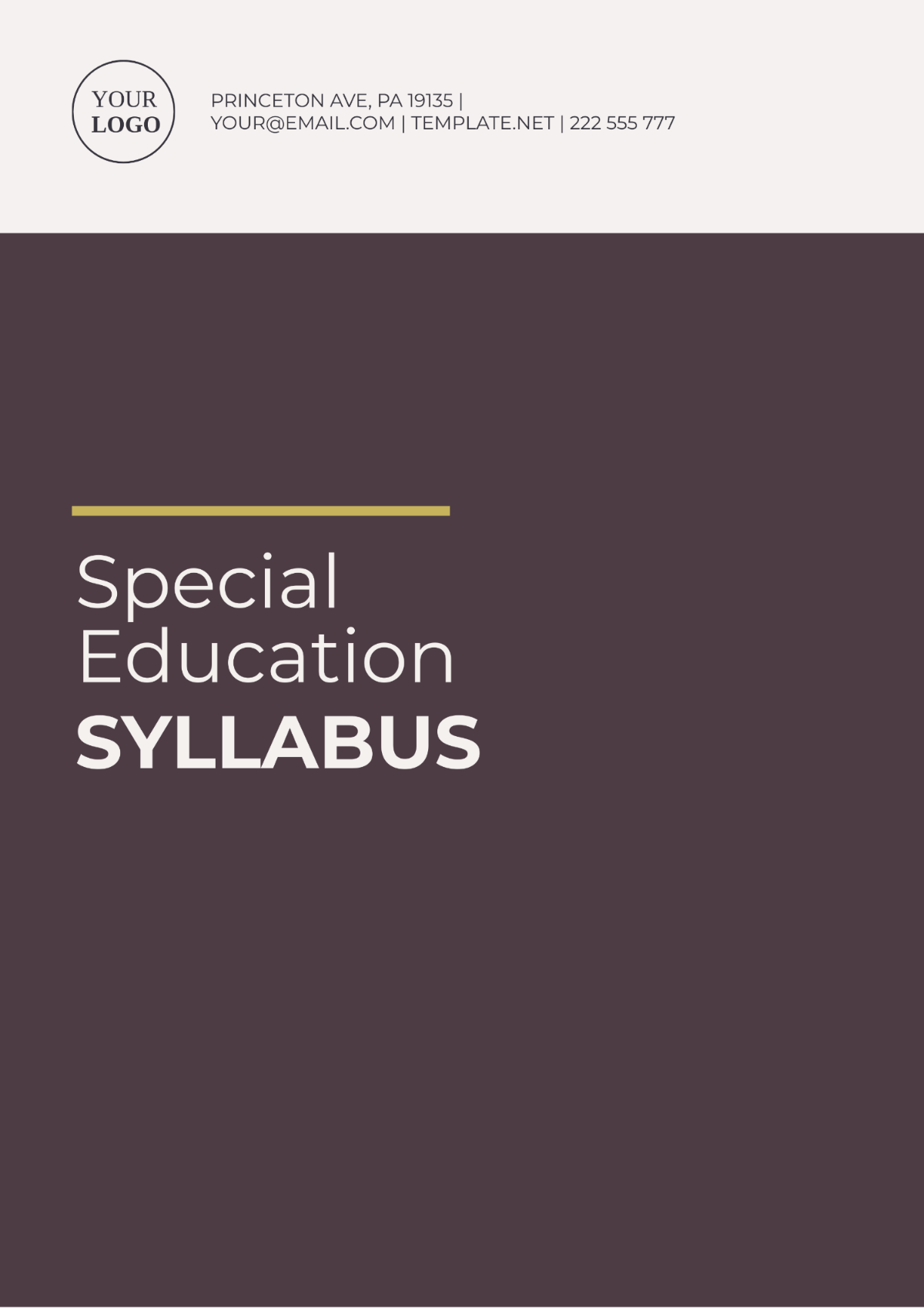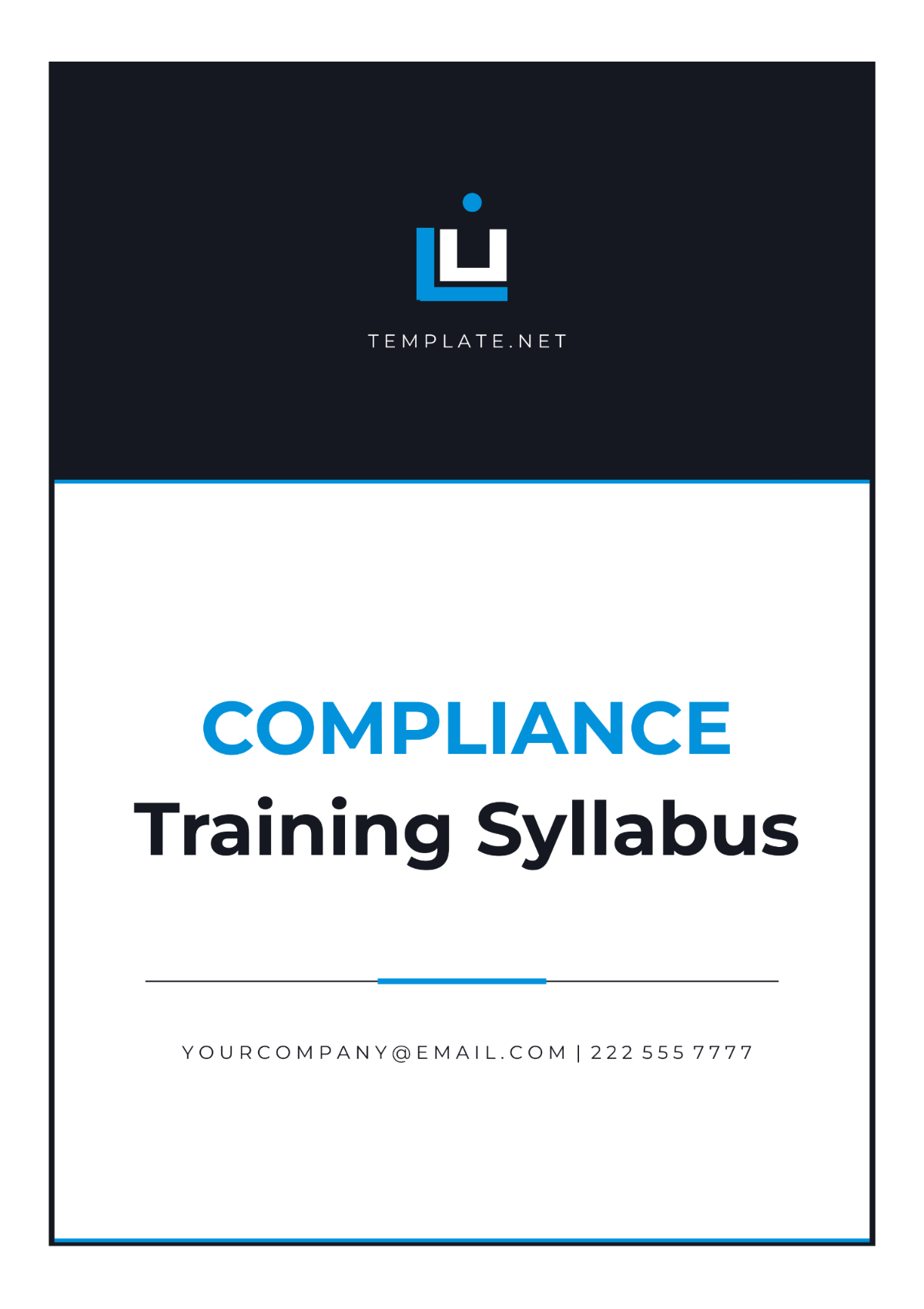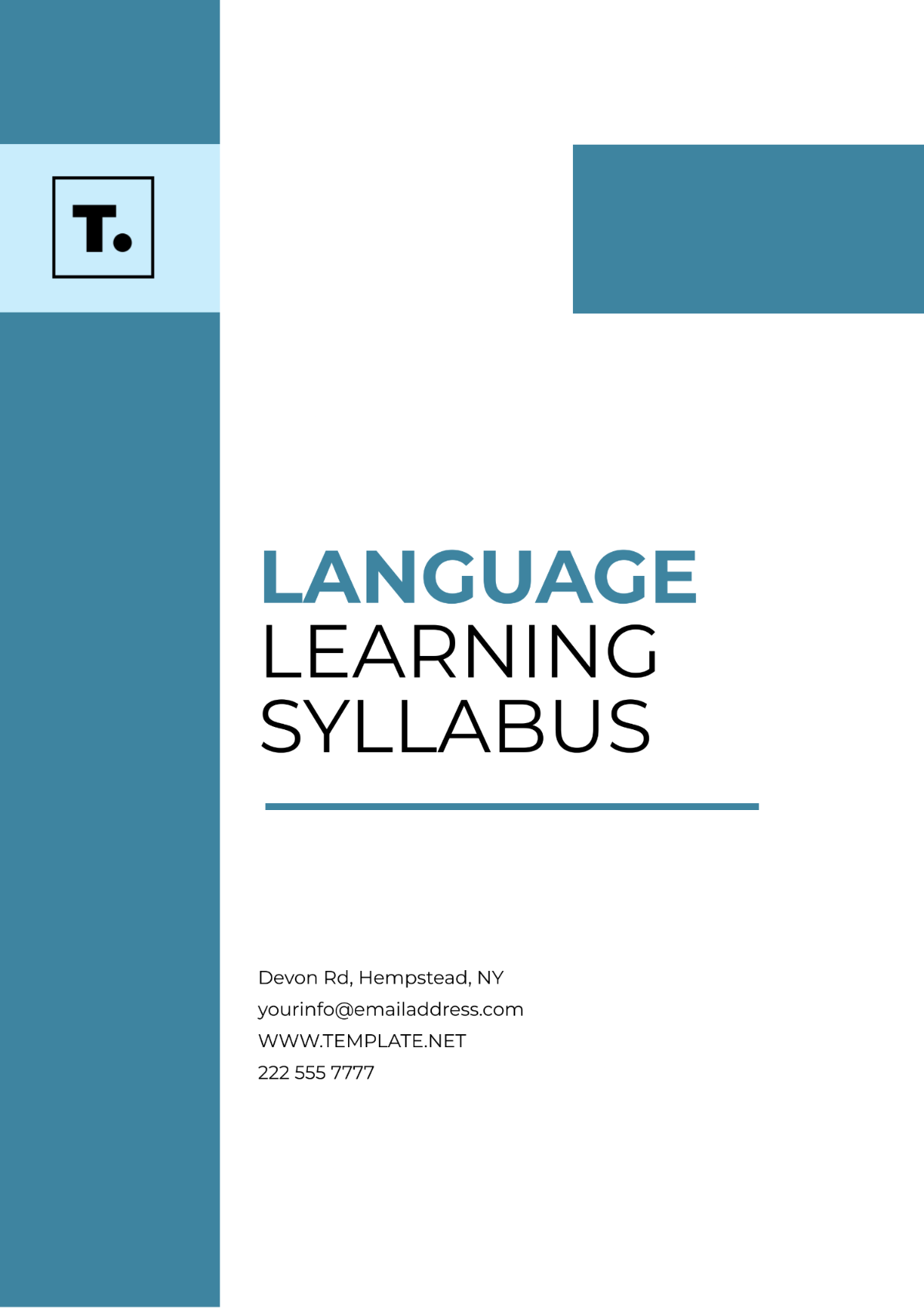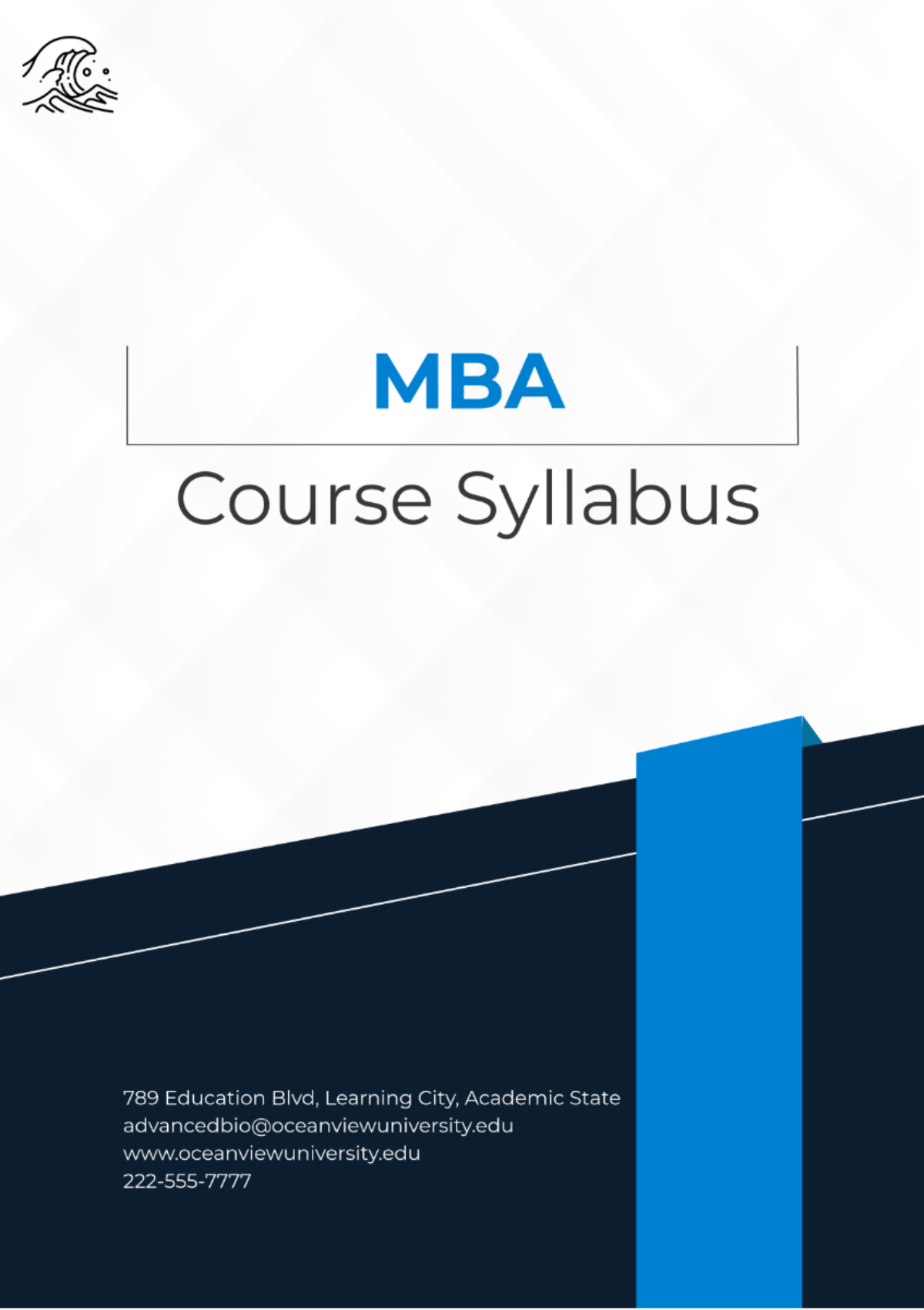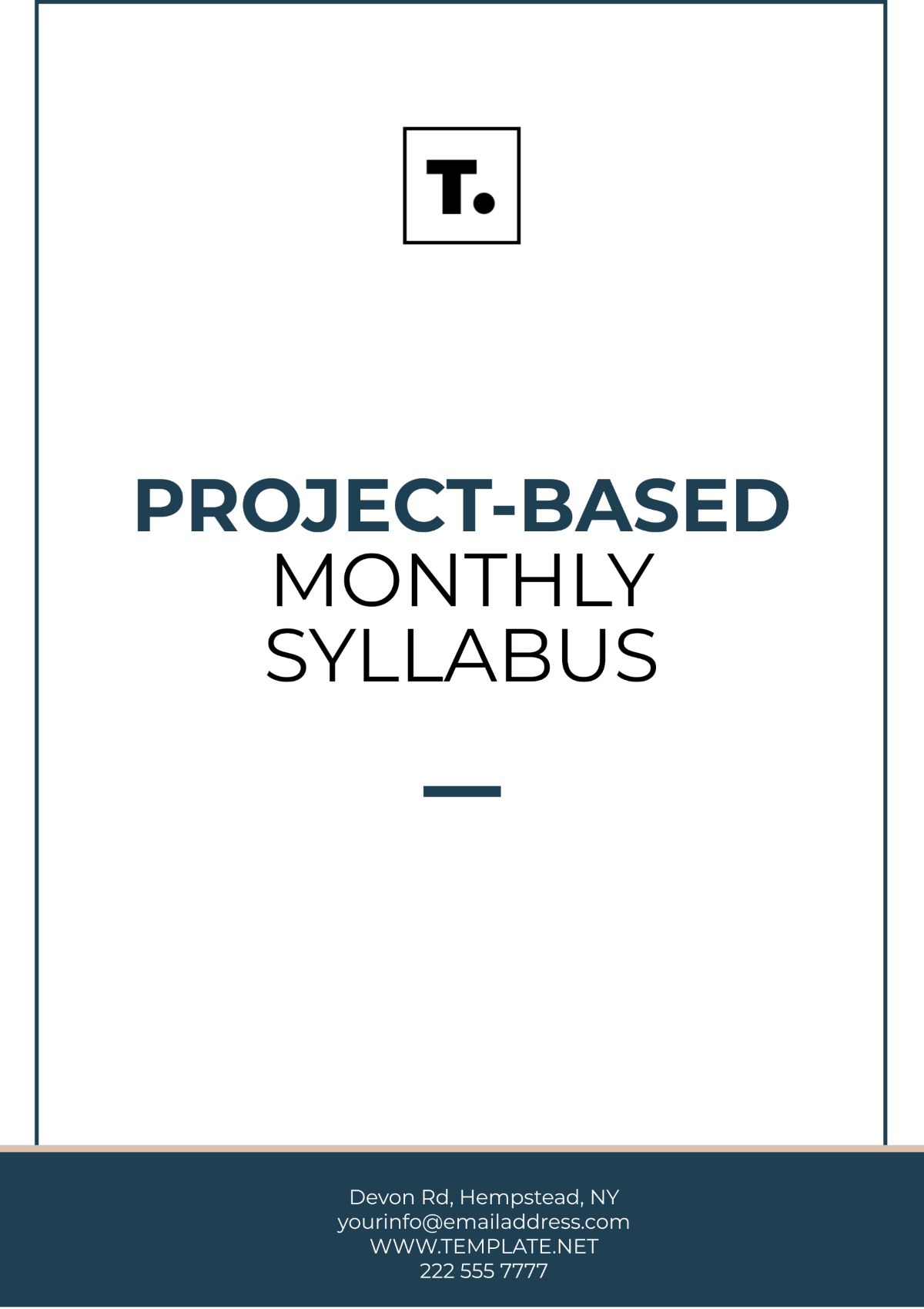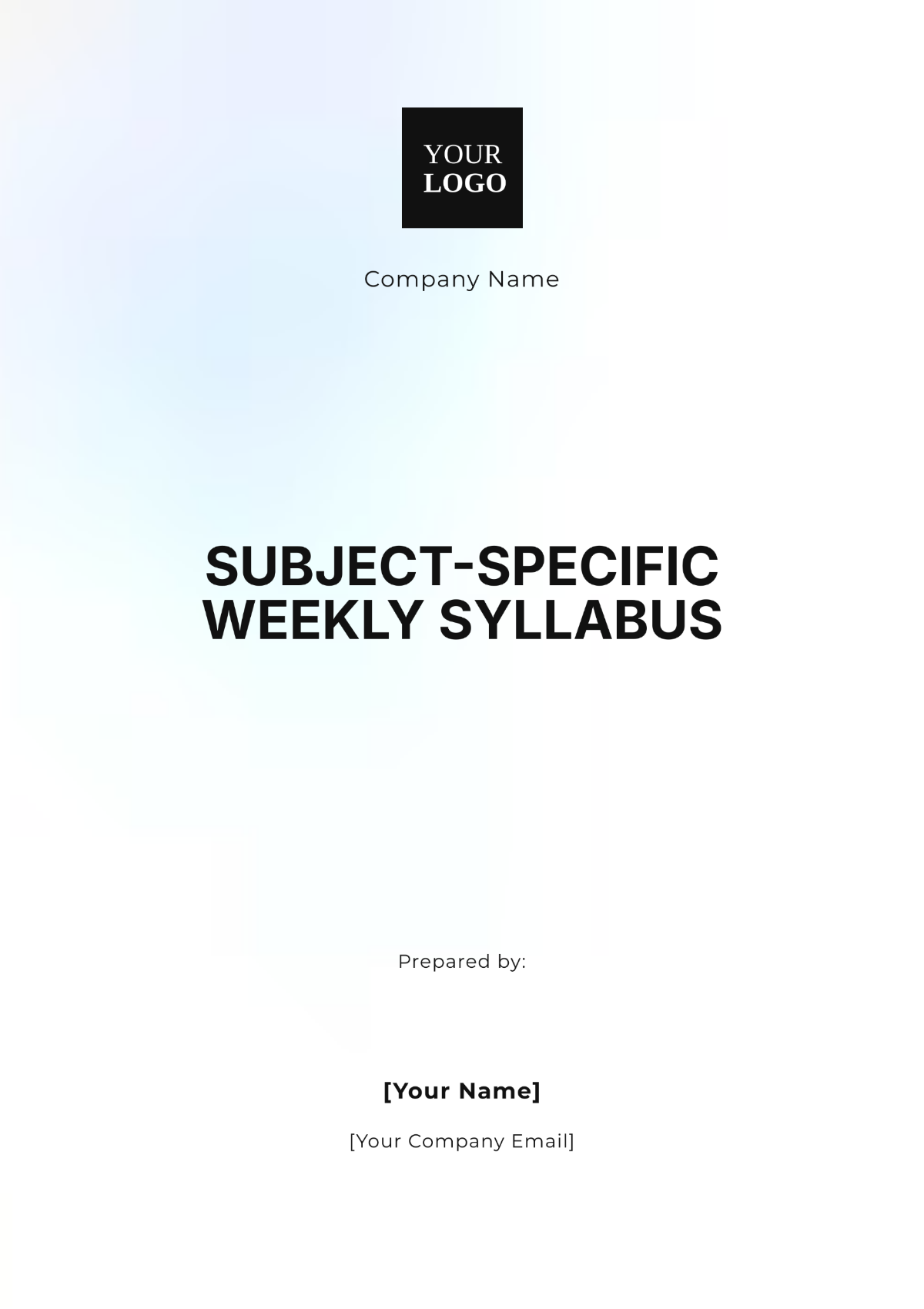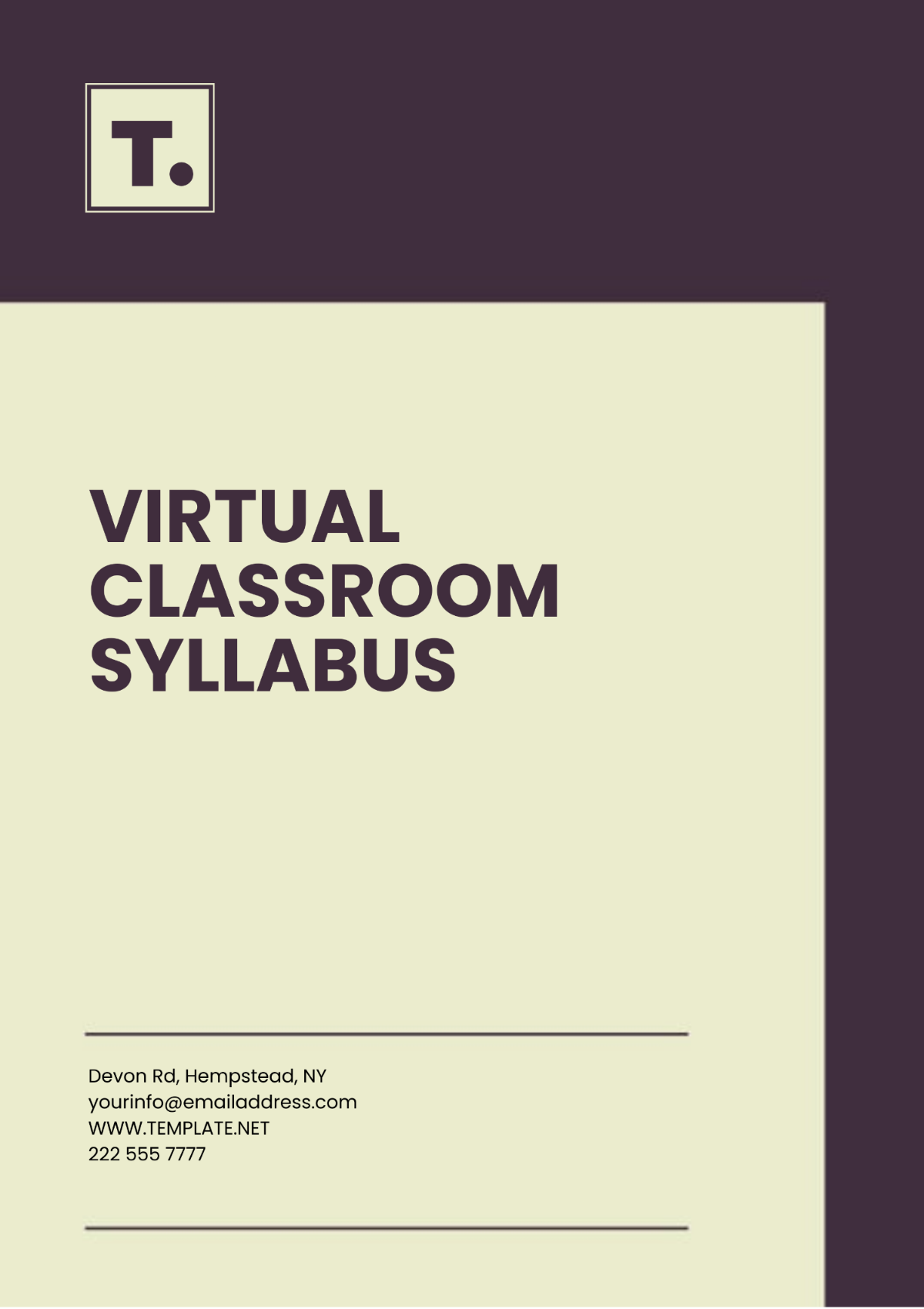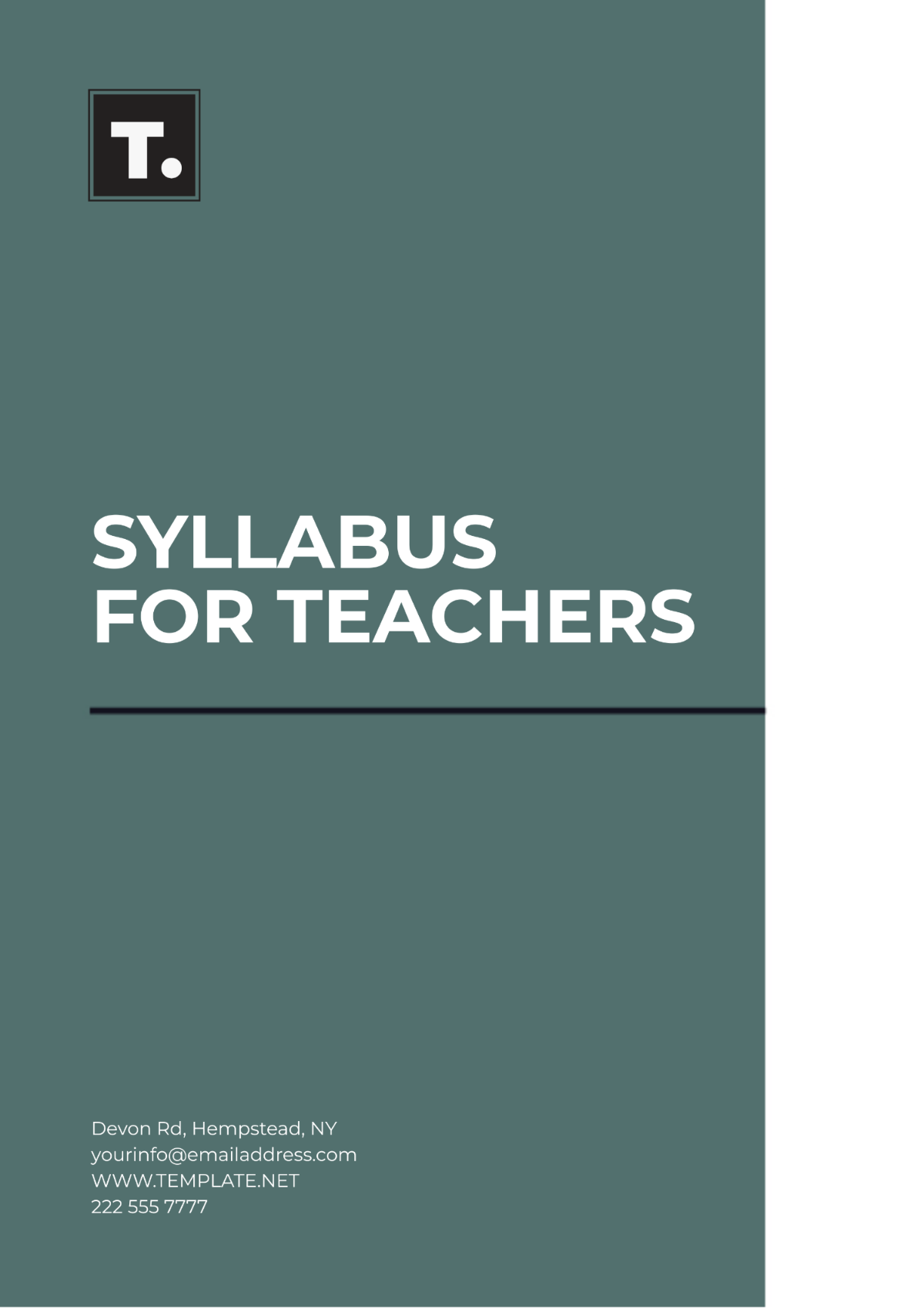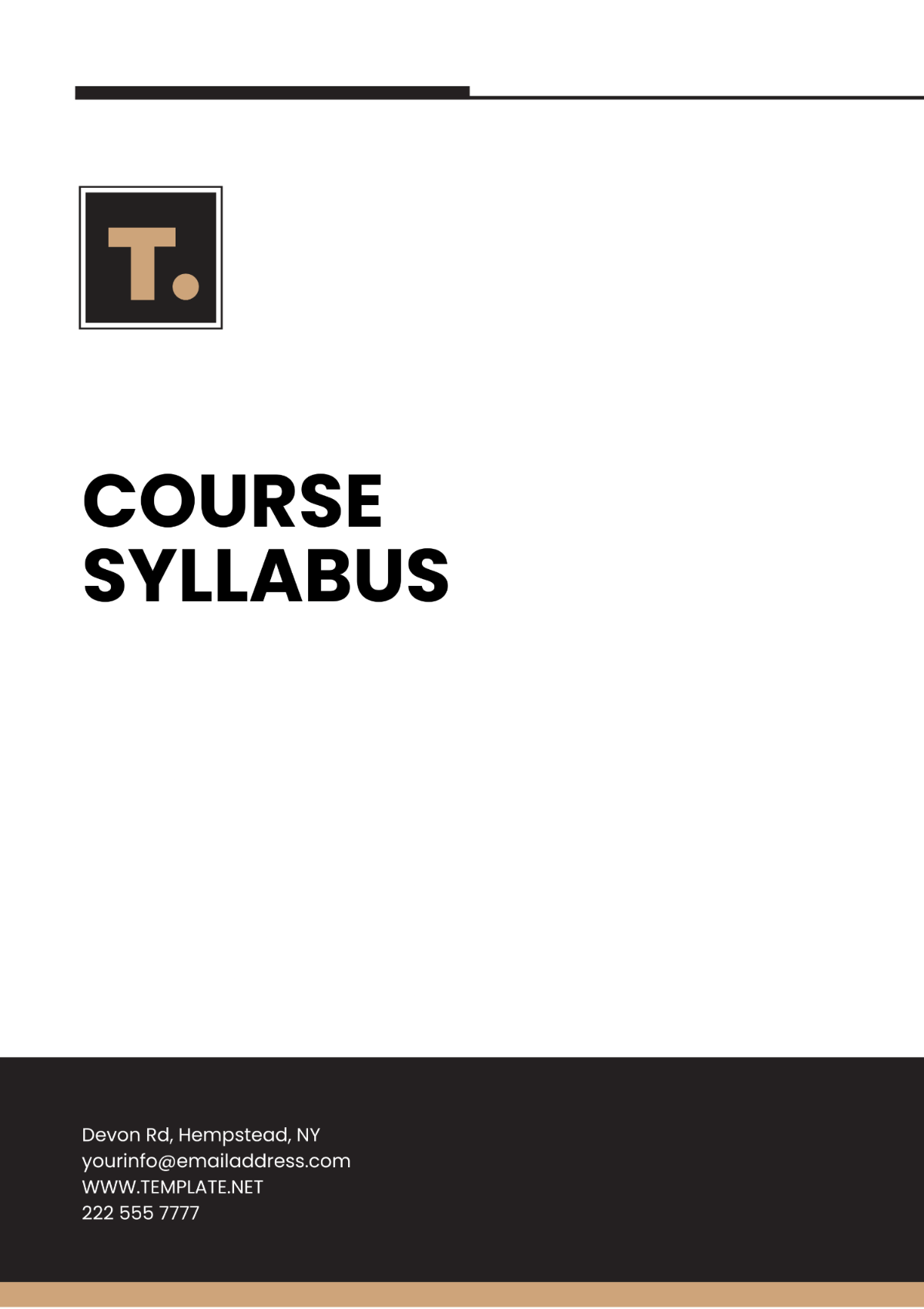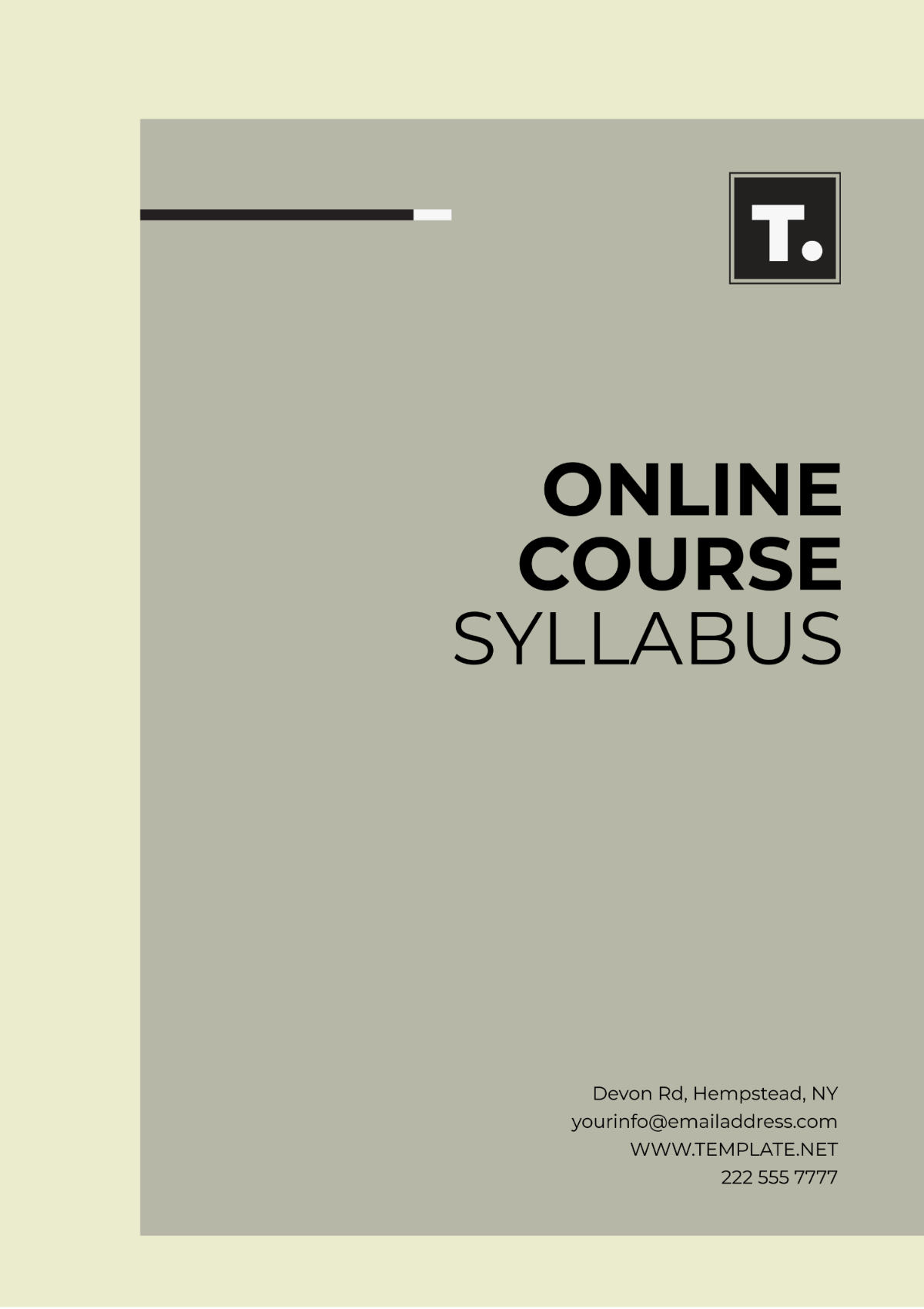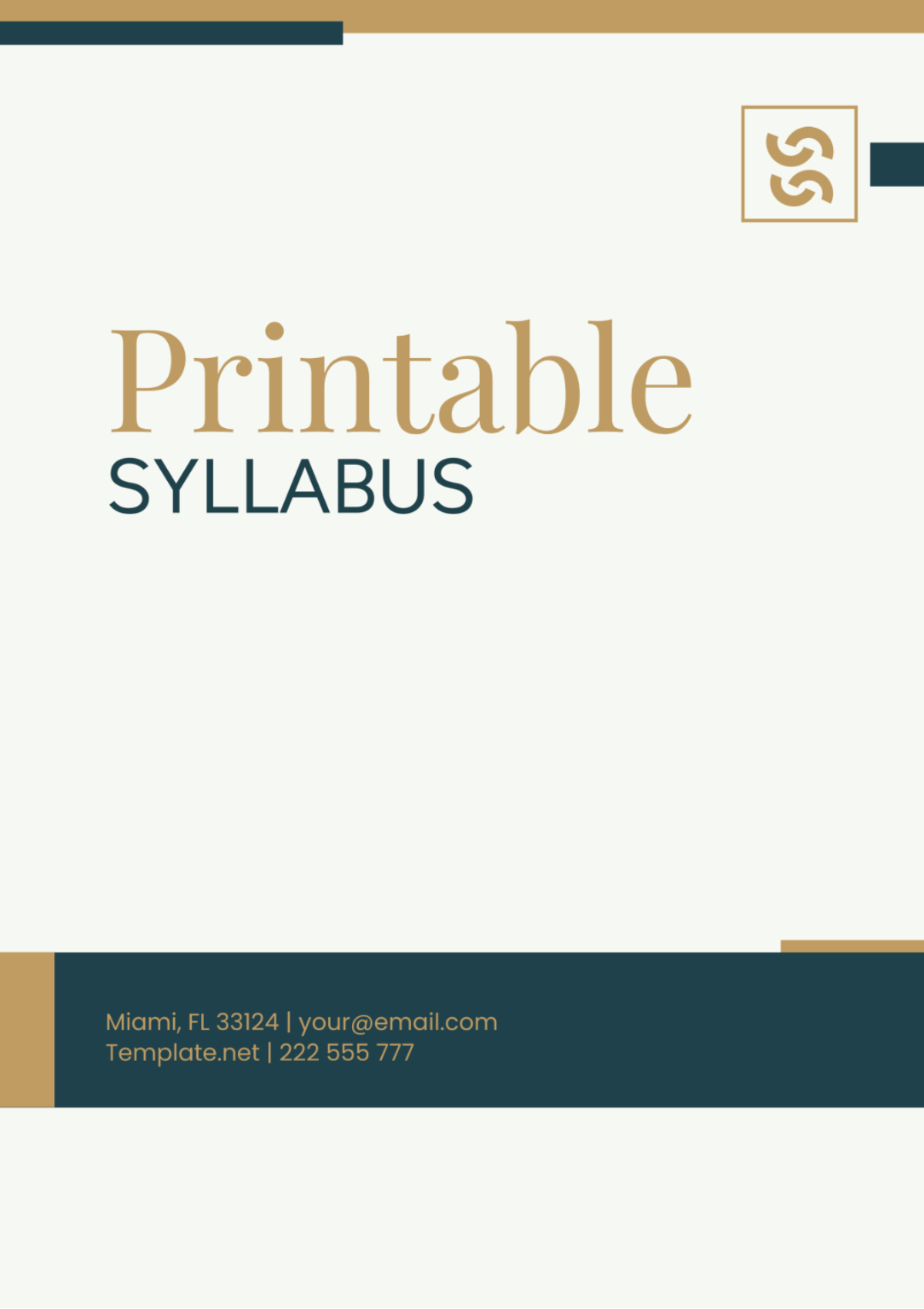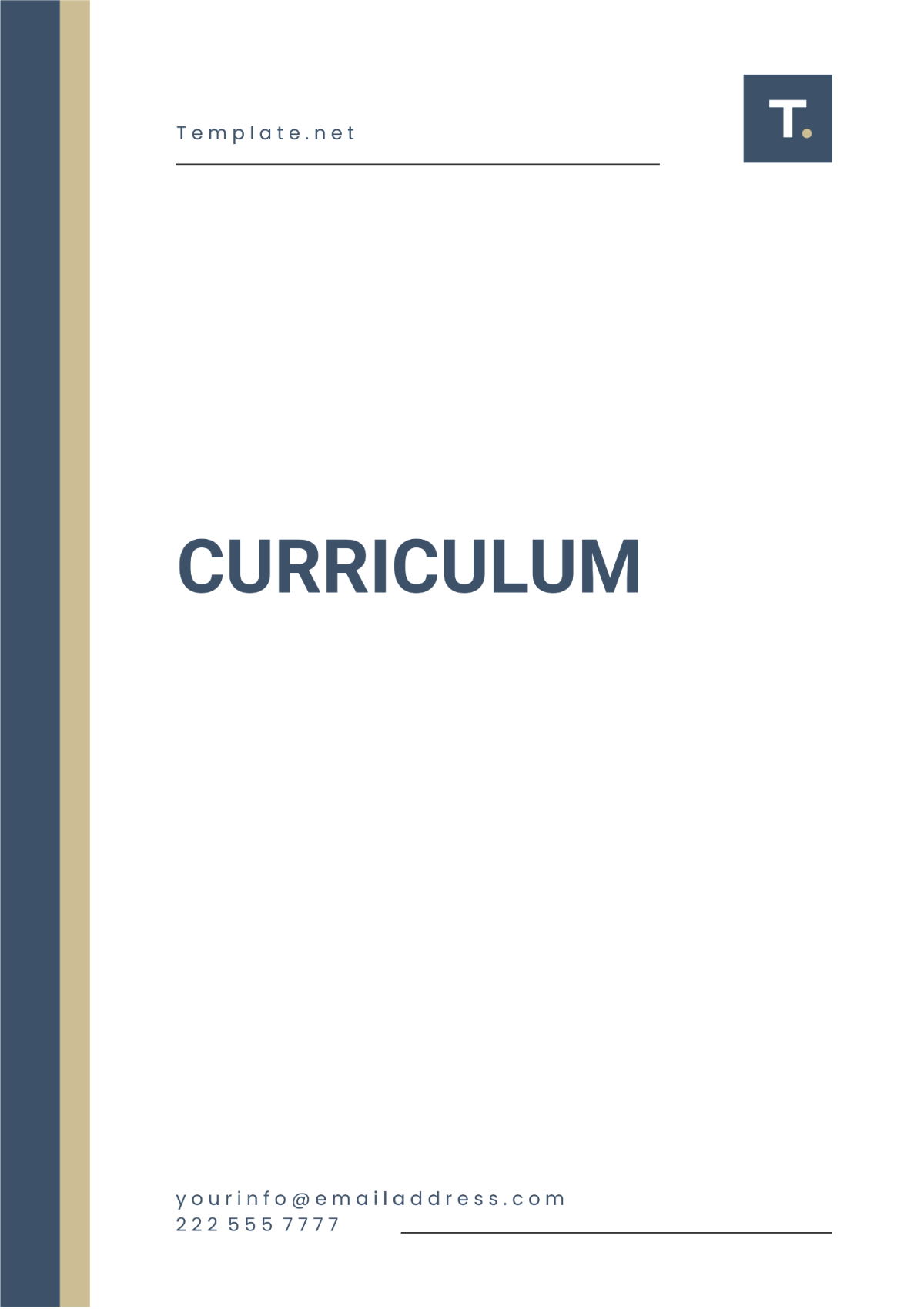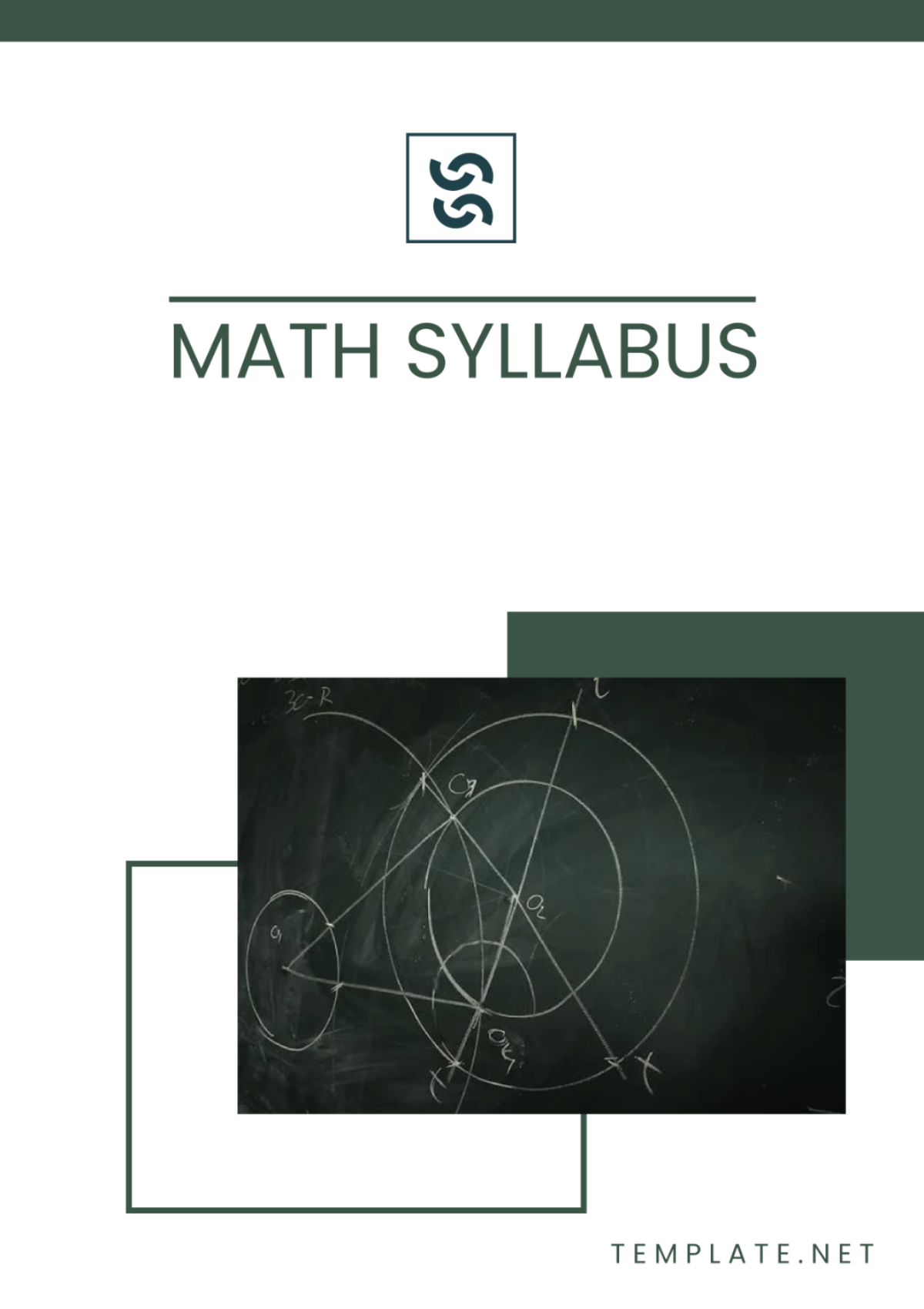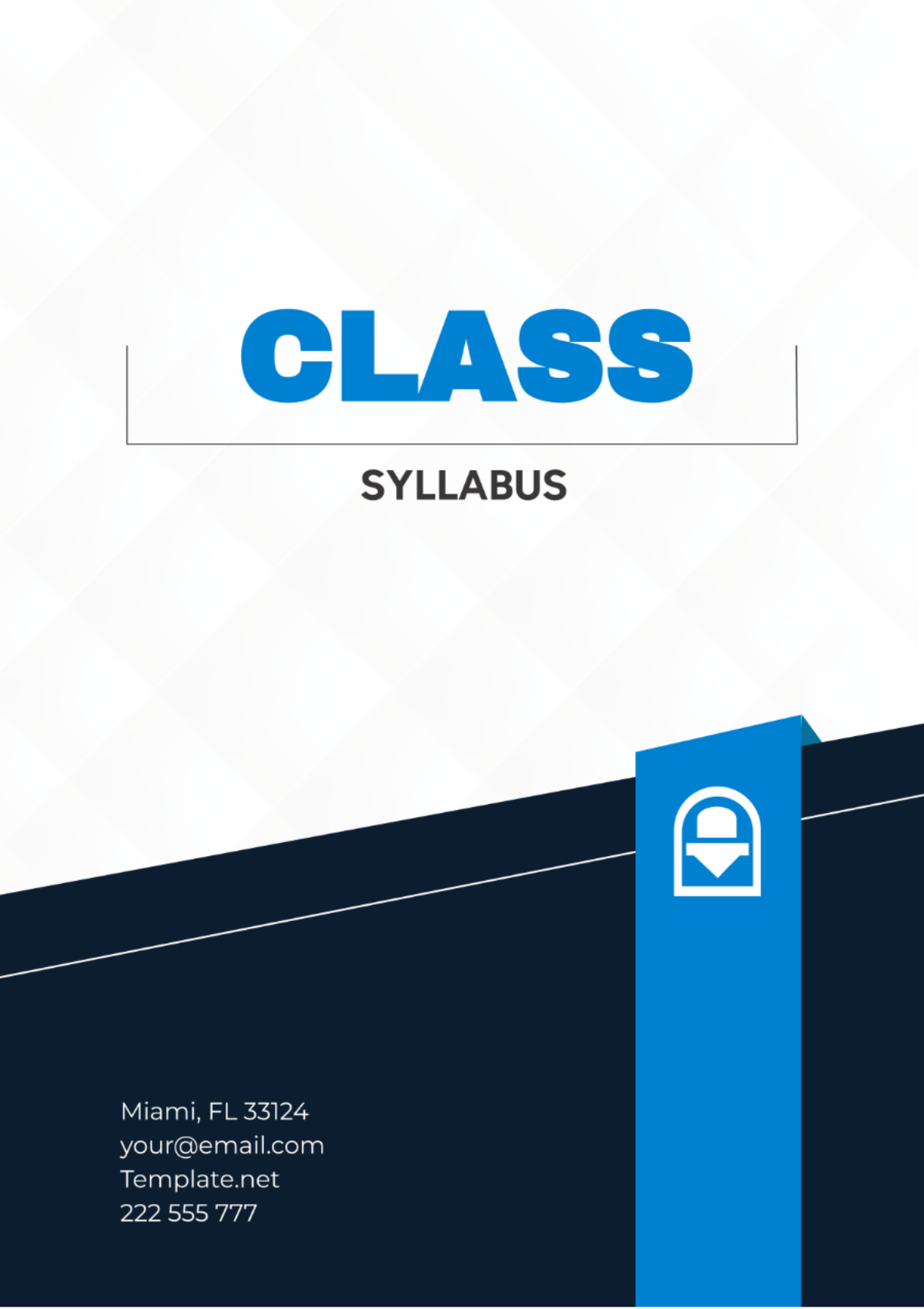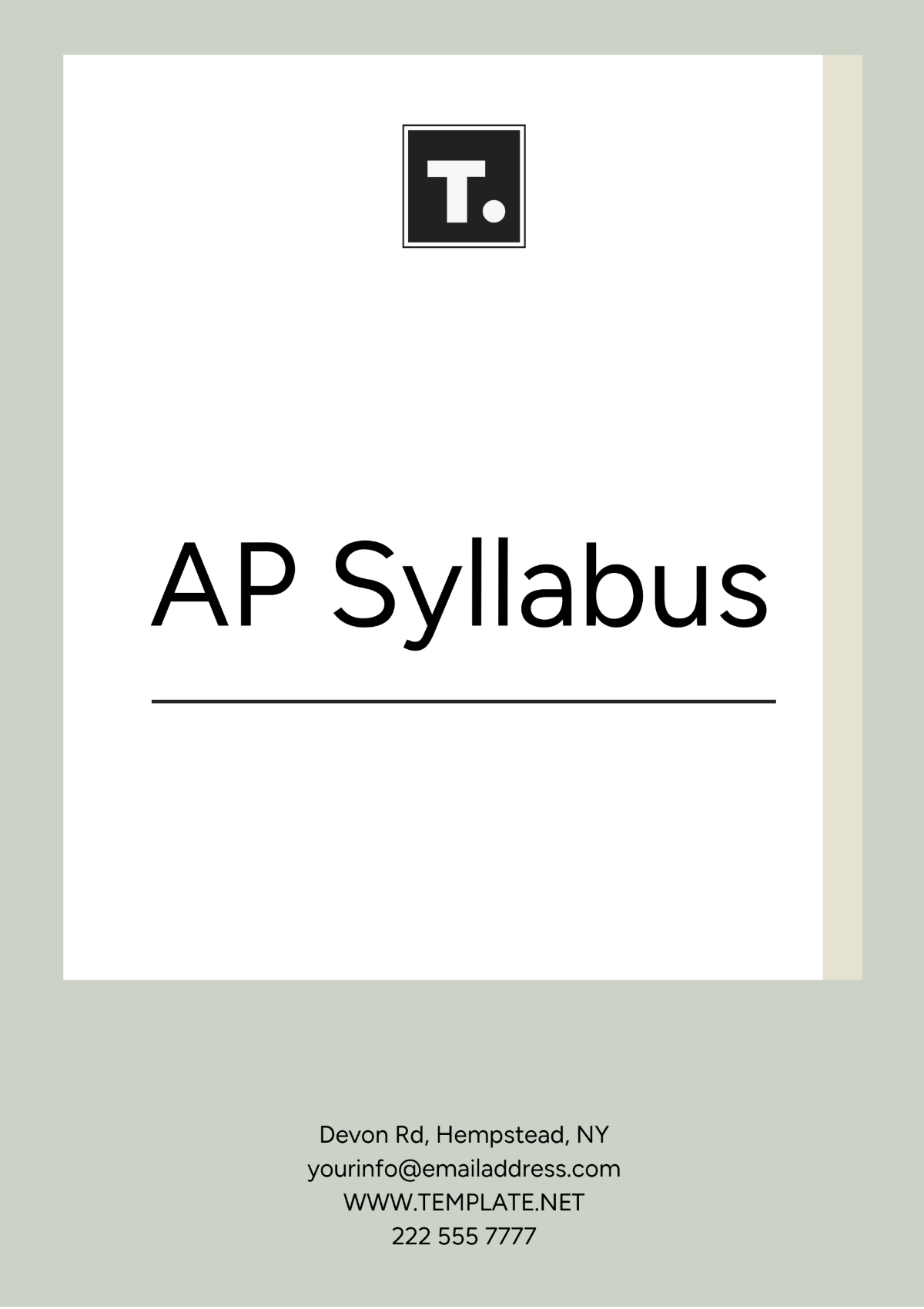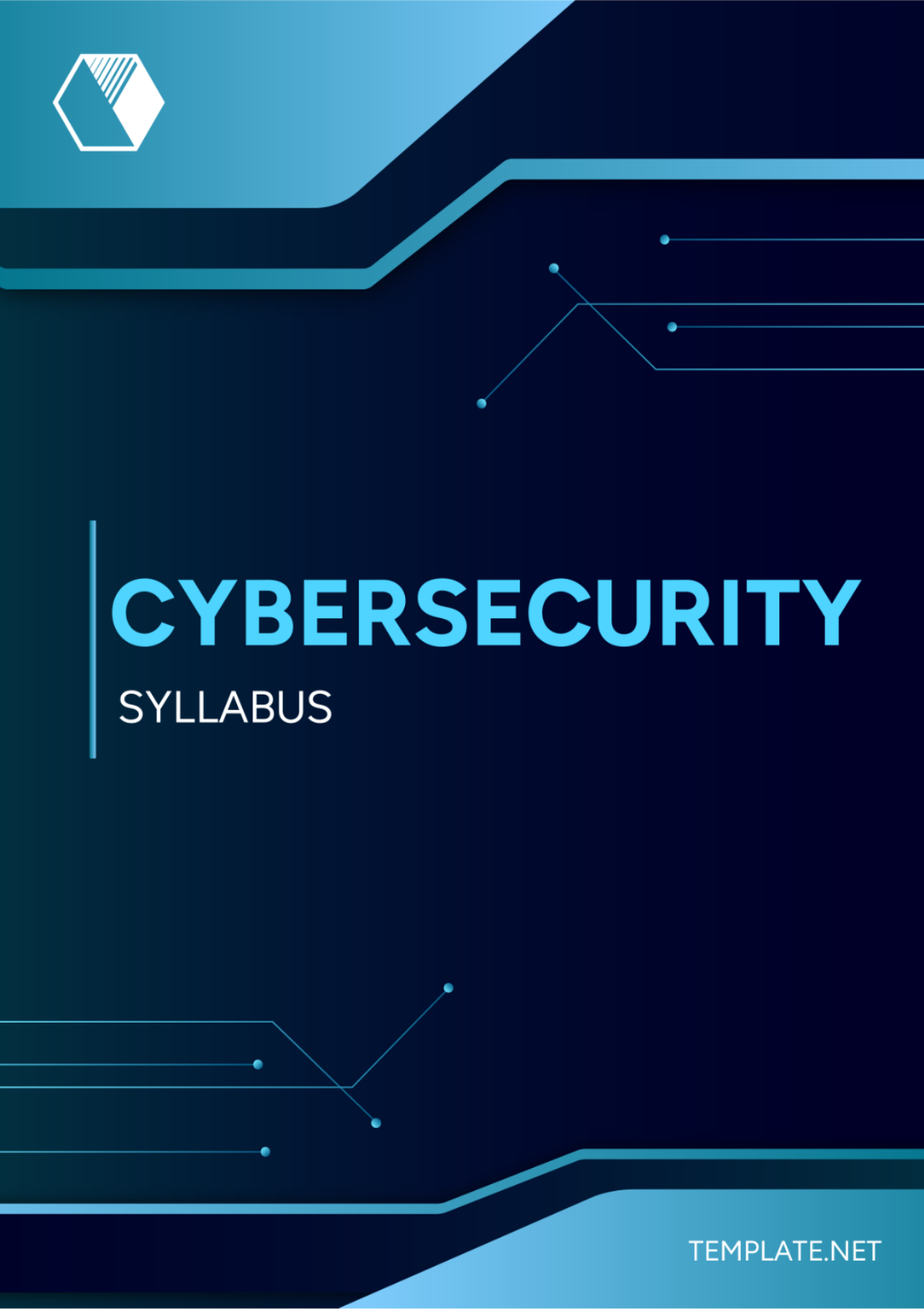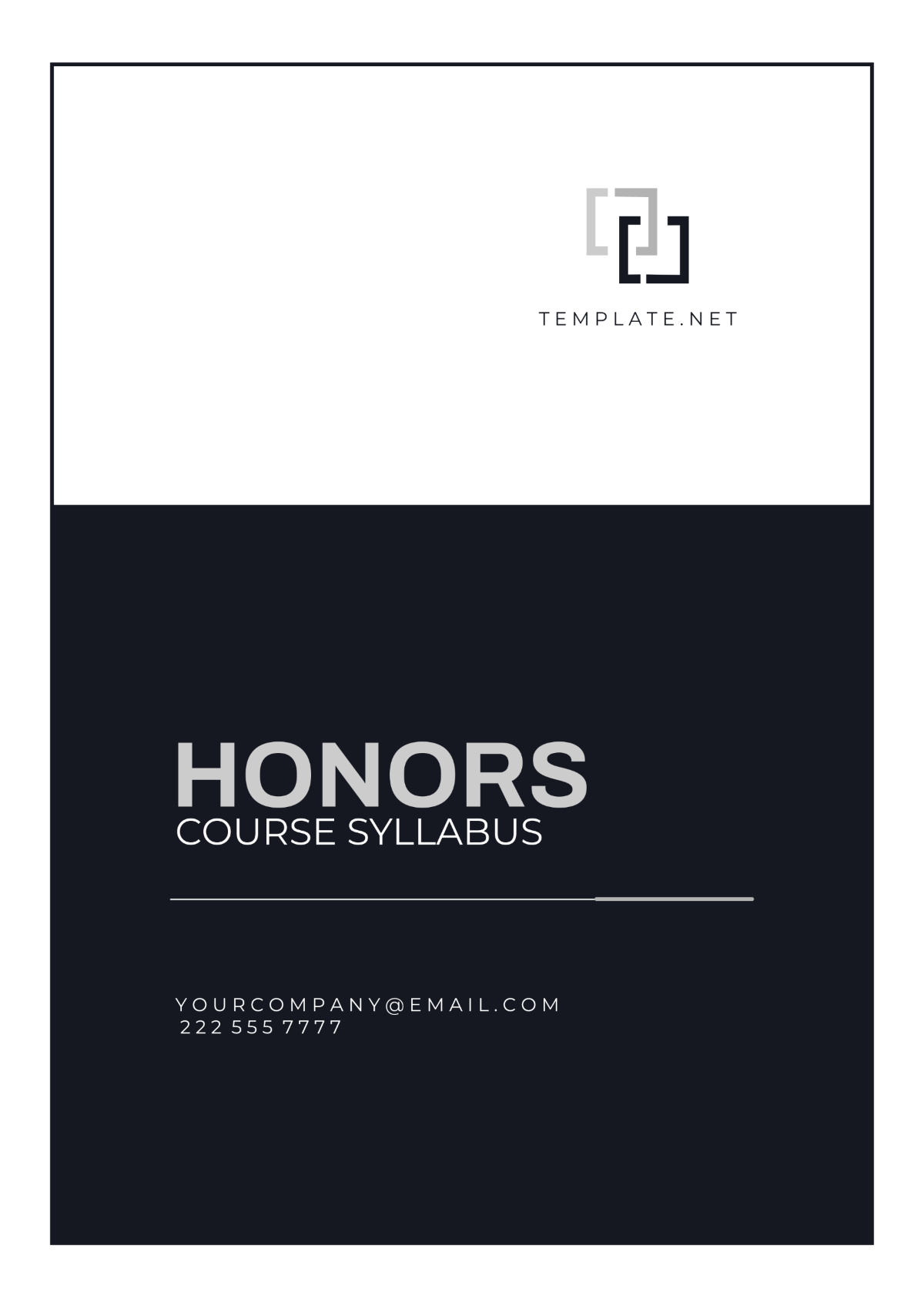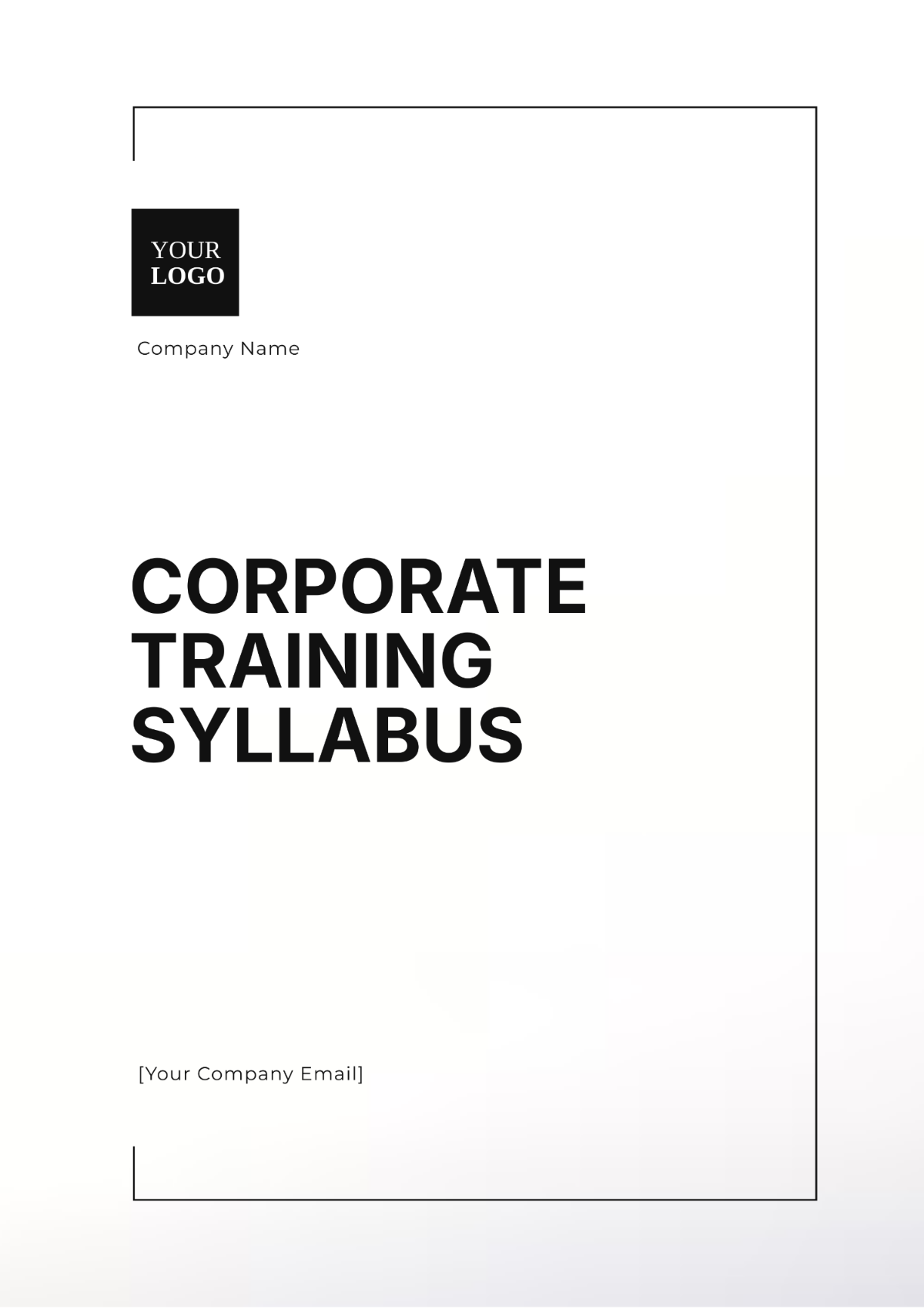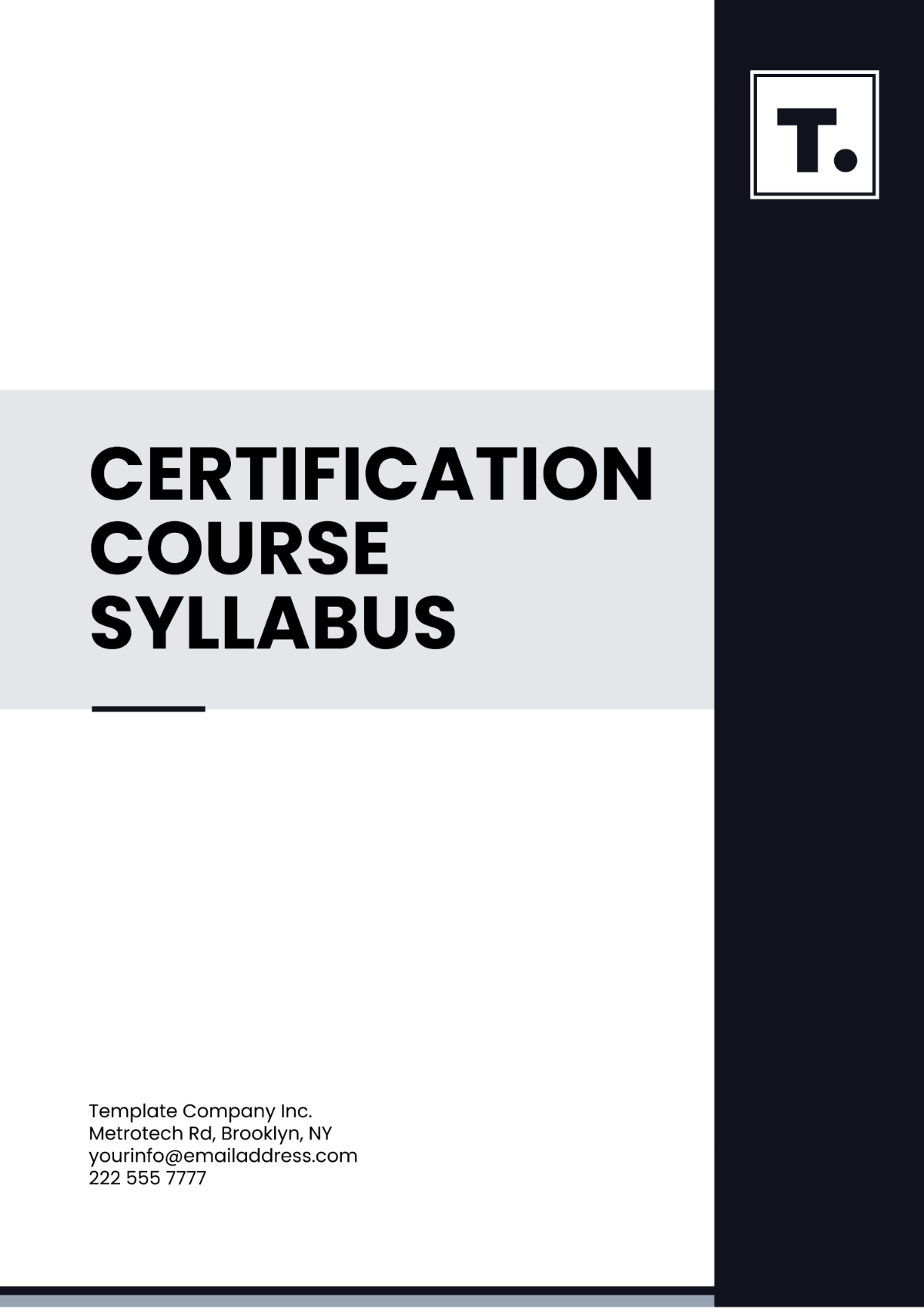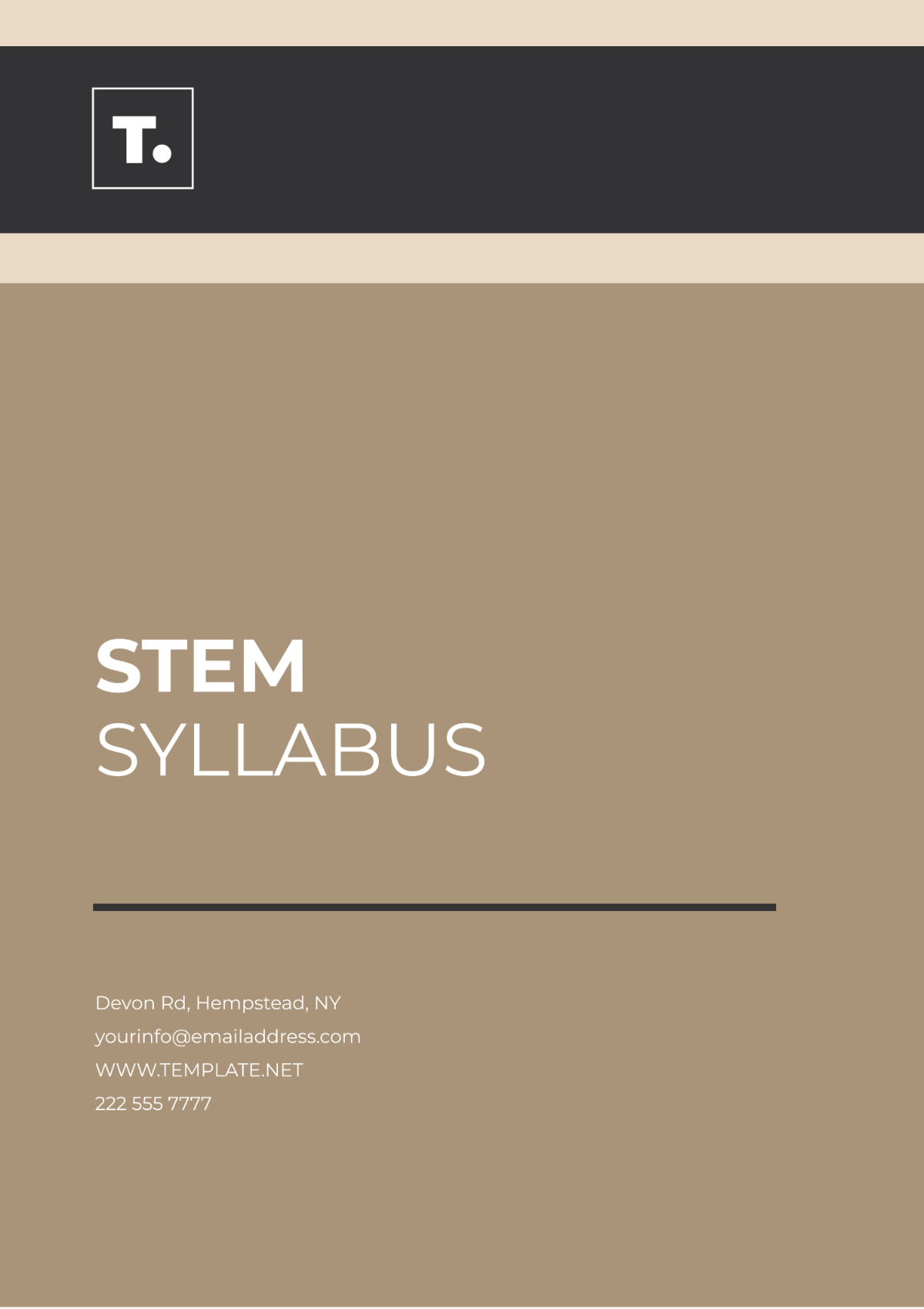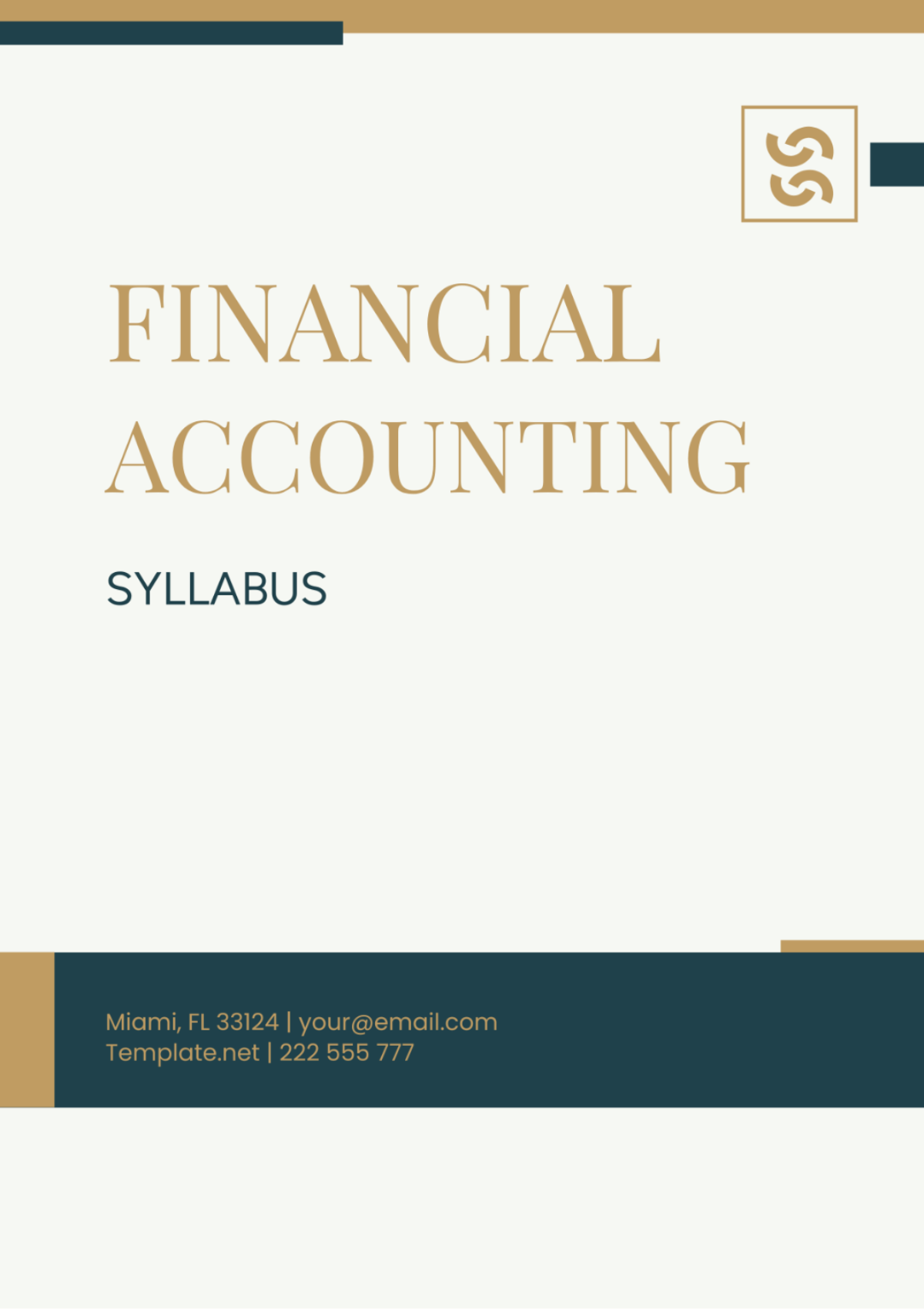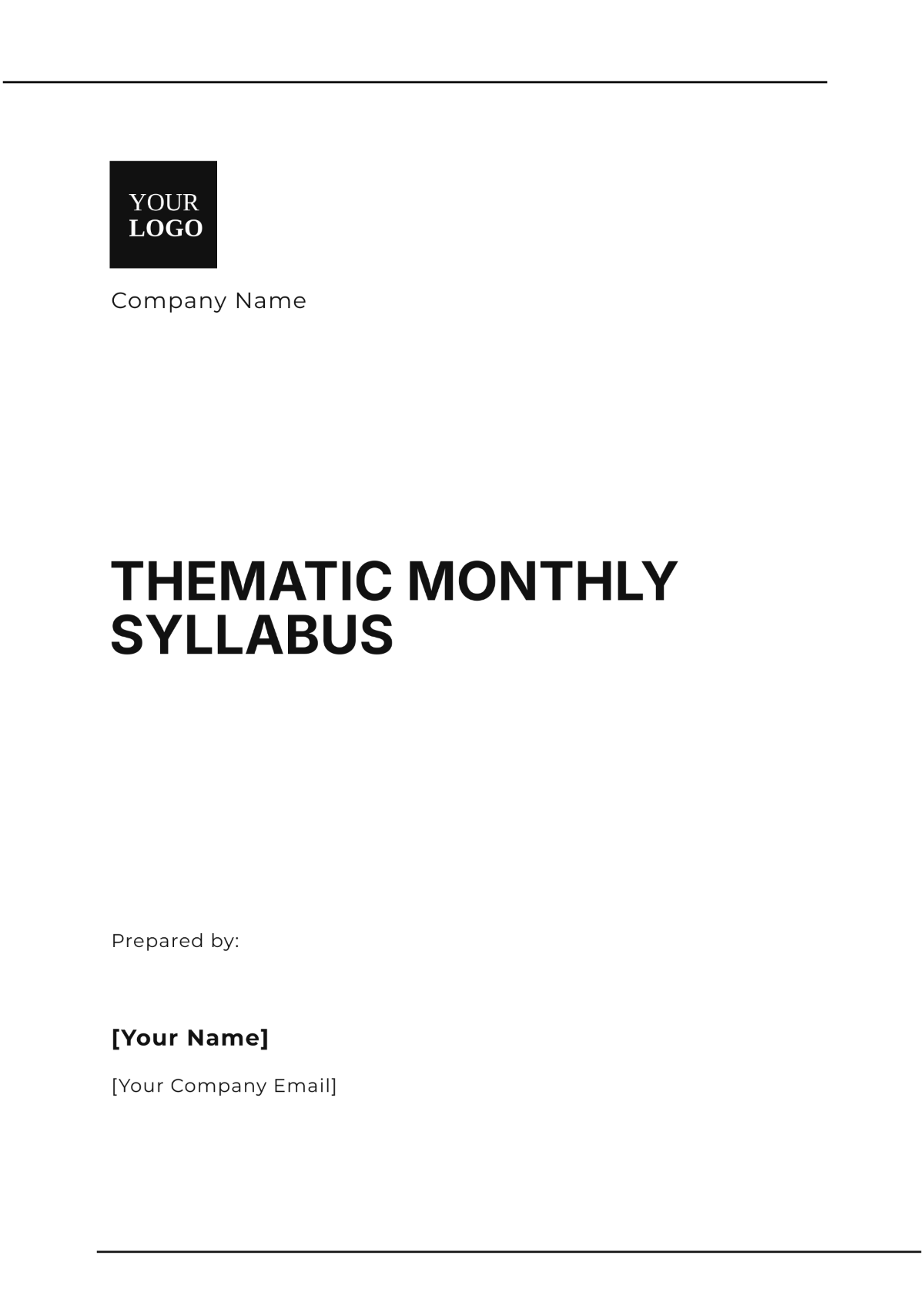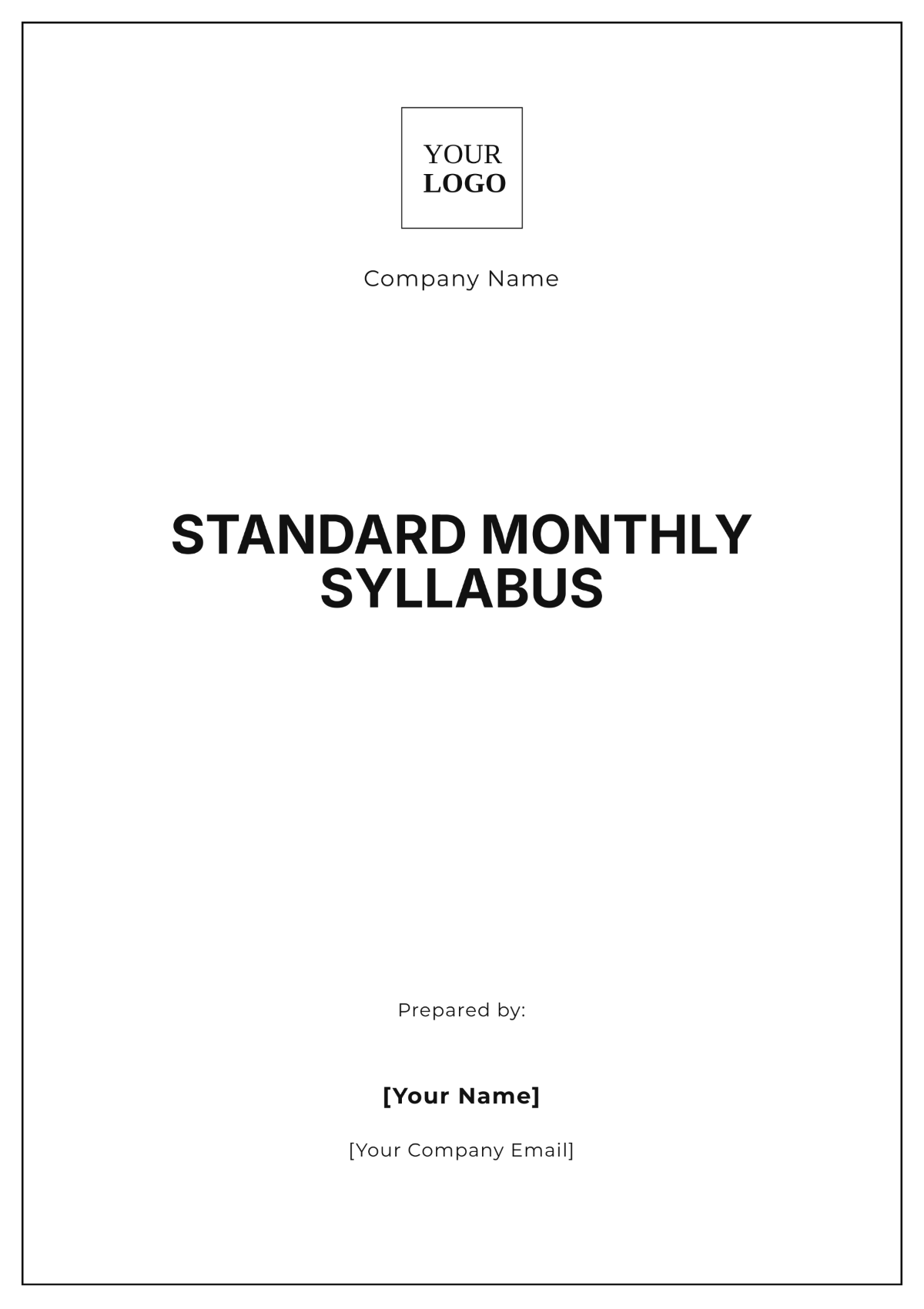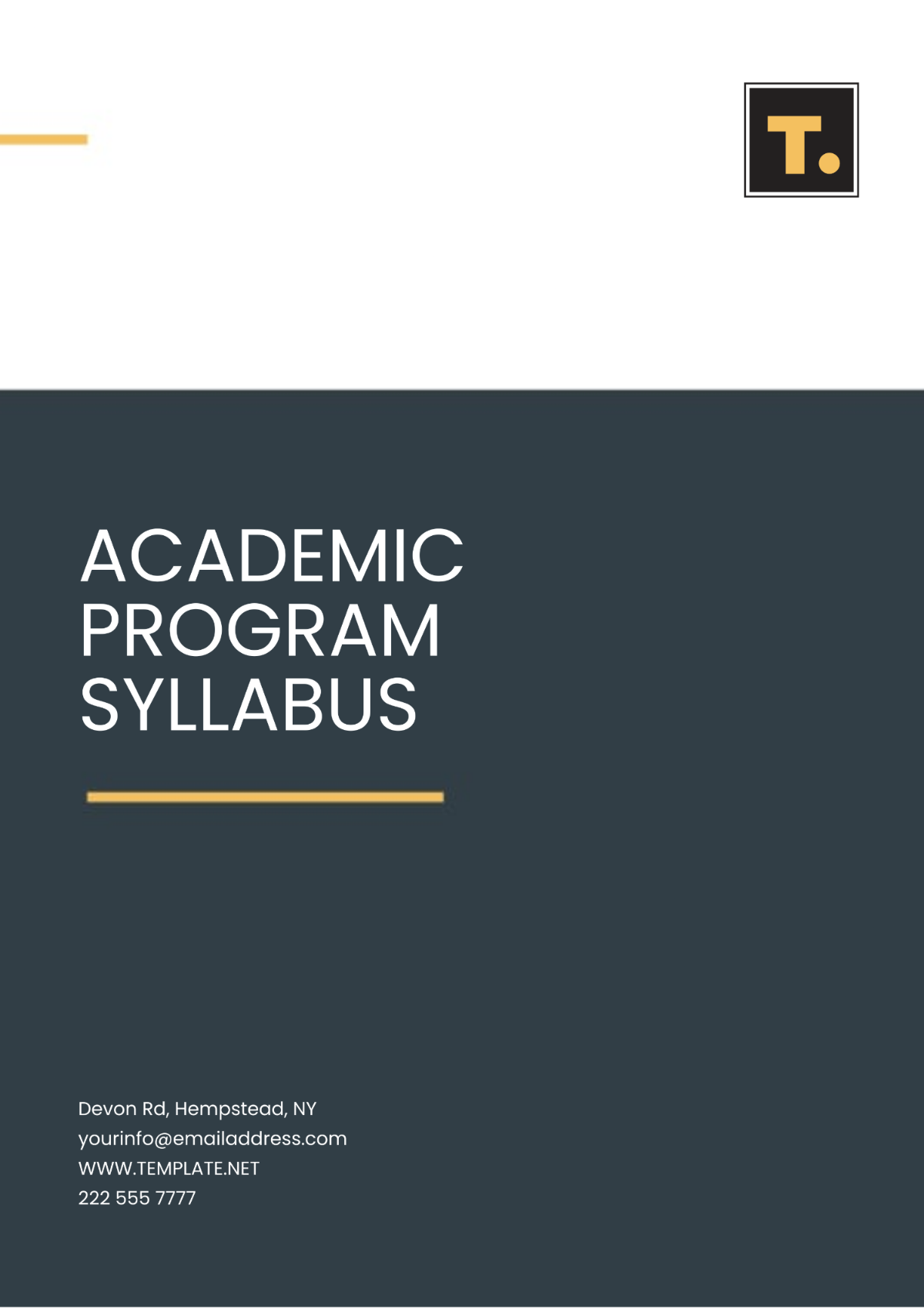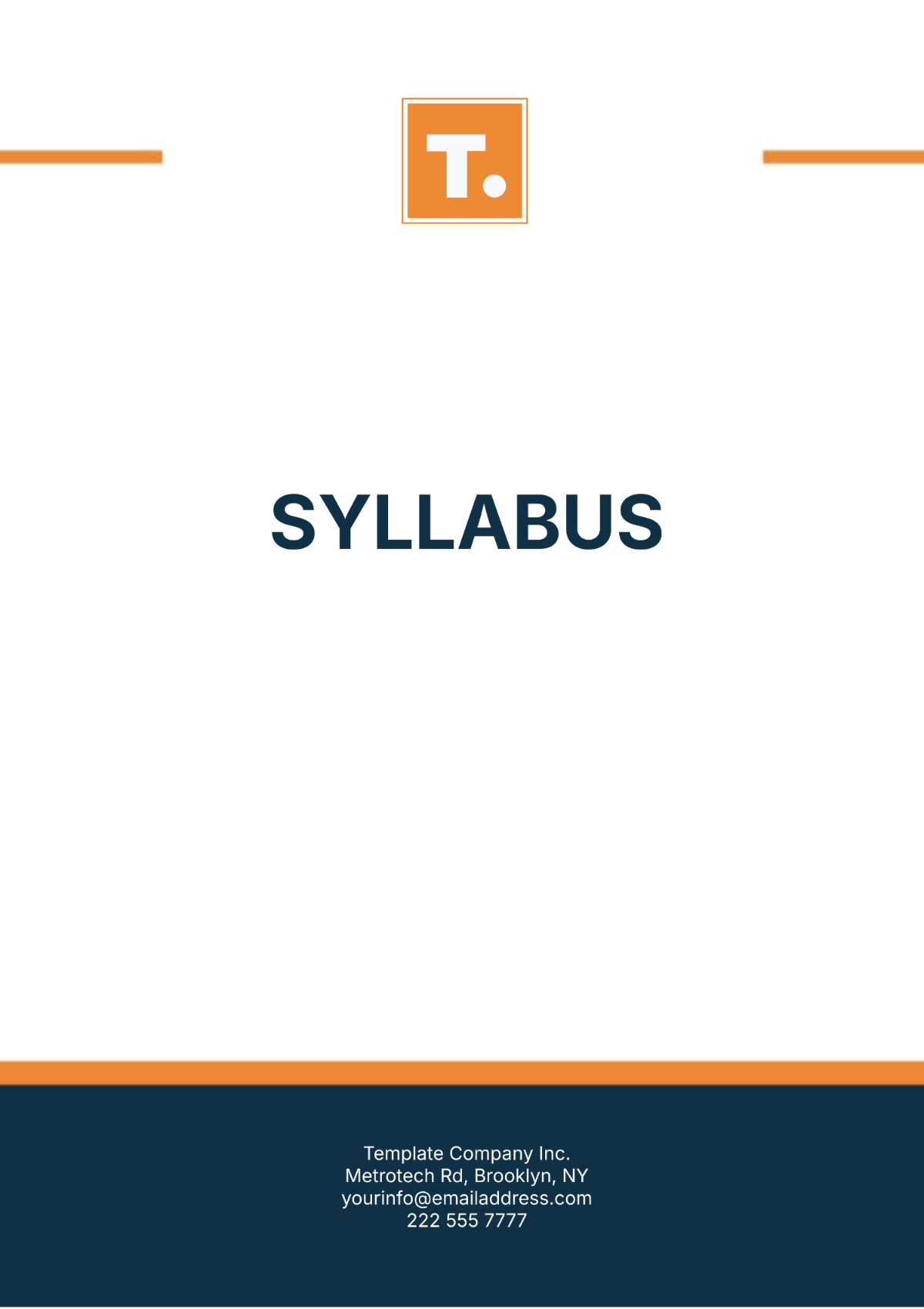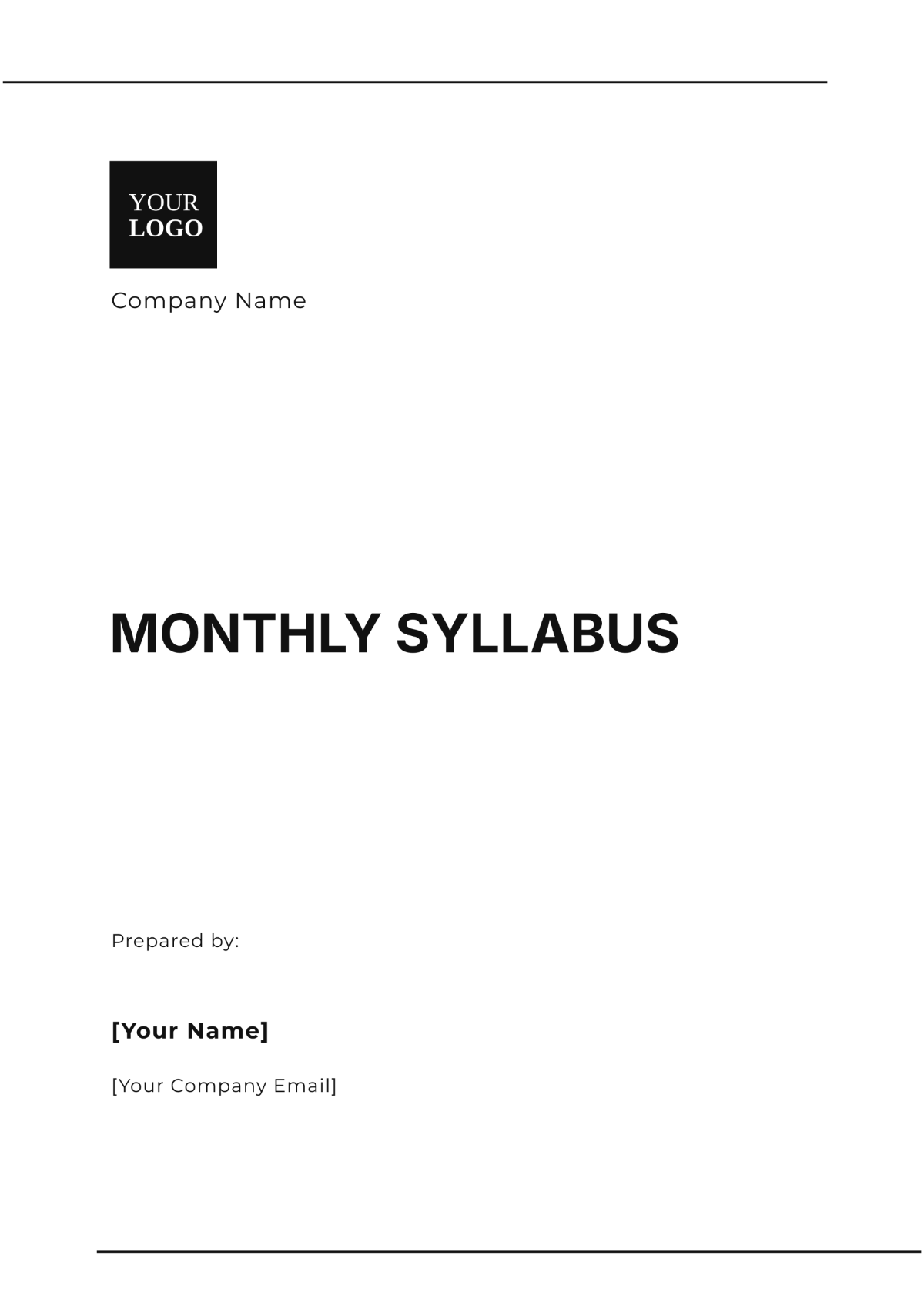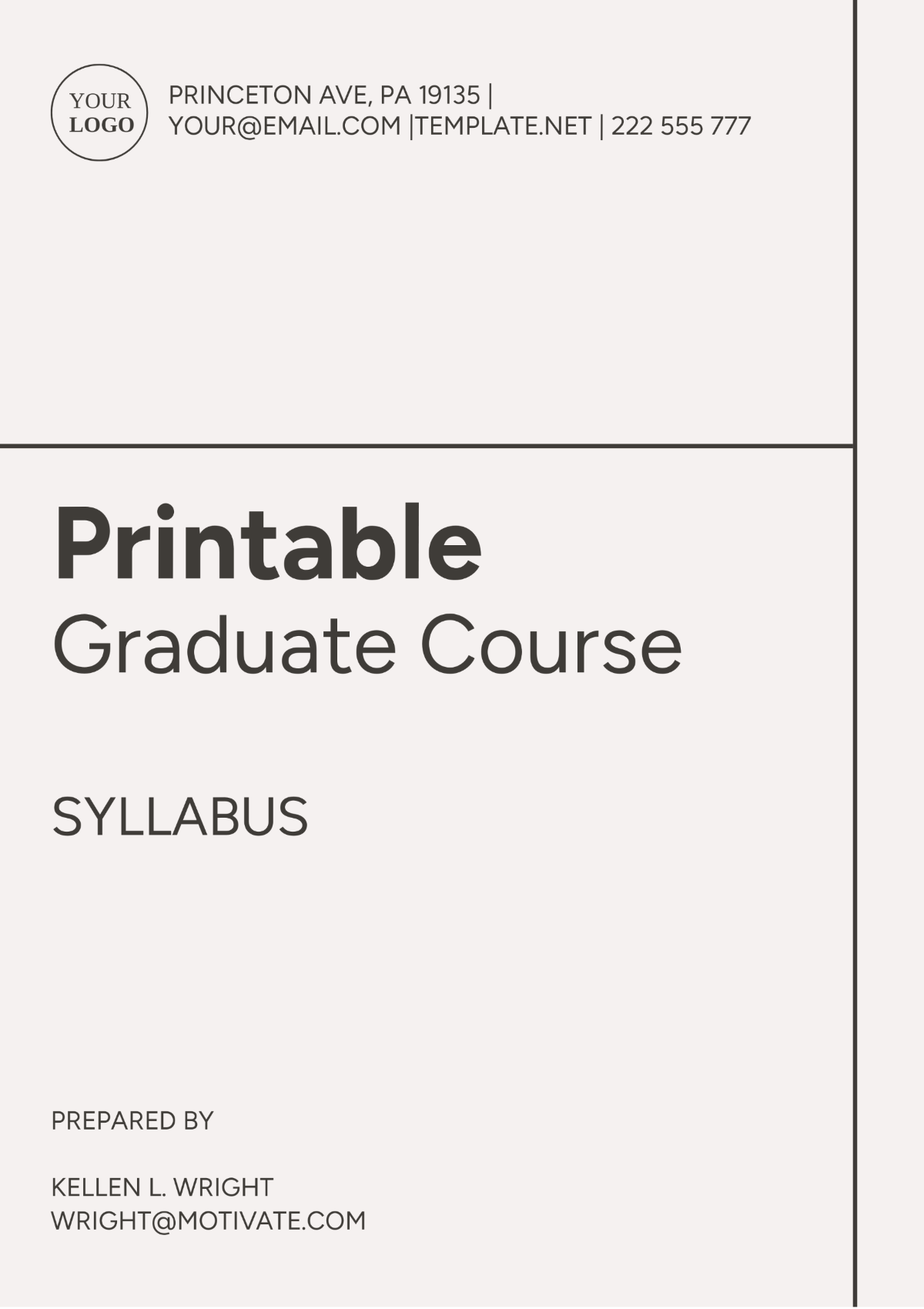Forensics Syllabus
Forensics Syllabus Course
Course Title: | [COURSE TITLE] |
Credits: | [CREDITS] |
Instructor: | [INSTRUCTOR] |
Schedule: | [SCHEDULE] |
Location: | [LOCATION] |
Textbook: | [TEXTBOOK] |
Description: | [DESCRIPTION] |
Assessments: | [ASSESSMENTS] |
Grading: | [GRADING] |
Office Hours: | [OFFICE HOURS] |
1. Course Description
This course leads students to explore a myriad of principles and methods used in the field of Forensic Science. By the end of the course, the students should be capable of understanding, analyzing, and discussing the scientific processes used for crime scene investigations, criminal evidence investigation and the different applications of forensic science.
2. Instructor Information
Name: [YOUR NAME]
Email: [YOUR EMAIL]
Organization: [YOUR COMPANY NAME]
3. Learning Objectives
Comprehend the role and significance of forensic science in criminal investigations.
Apply principles of forensic science in simulated crime scenes.
Interpret and analyze forensic results using proper scientific methodology.
Demonstrate knowledge in employing various forensic equipment and techniques.
Explain the ethical aspects and legal responsibilities involved in Forensic Science.
4. Course Schedule
Week | Topics | Reading Assignment |
|---|---|---|
1 | Introduction to Forensics |
|
2 | Digital Forensics |
|
3 | Crime Scene Investigation |
|
5. Required Reading and Materials
Forensic Science: From the Crime Scene to the Crime Lab (3rd Edition) - Richard Saferstein.
Practical Crime Scene Processing and Investigation (2nd Edition) - Ross M. Gardner.
Evidence Collection and Preservation - Steven Symes.
Forensic Science: The Basics (3rd Edition) - Jay Siegel, Kathy Mirakovits.
Fundamentals of Forensic DNA Typing - John M. Butler.
6. Assignments and Assessments
Weekly quizzes to test understanding of covered materials.
Laboratory assignments in which students can learn and practice forensic techniques.
A mid-term exam to evaluate accumulated understanding of course topics.
A group project that allows students to solve a mock crime scene using learned forensic techniques.
Final exam covering all course topics.
7. Course Policy
Respect for the diversity of all individuals in the class.
One's thoughts must be expressed in a respectful and professional manner.
Academic honesty, including no plagiarism, should be rigorously adhered to.
All sessions should be attended, and any absences must be informed in advance.
All assignments and assessments are to be submitted on the prescribed dates.
8. Grading Policy
Grades will be given on the basis of participation (10%), weekly quizzes (10%), laboratory assignments(20%), mid-term exam(20%), group project (20%) and final exam (20%).
9. Disclaimer
The syllabus, as presented currently, is not final and is susceptible to alterations or modifications. In the occurrence of such changes, all pertinent updates will be conveyed to the concerned individuals through electronic mail.

